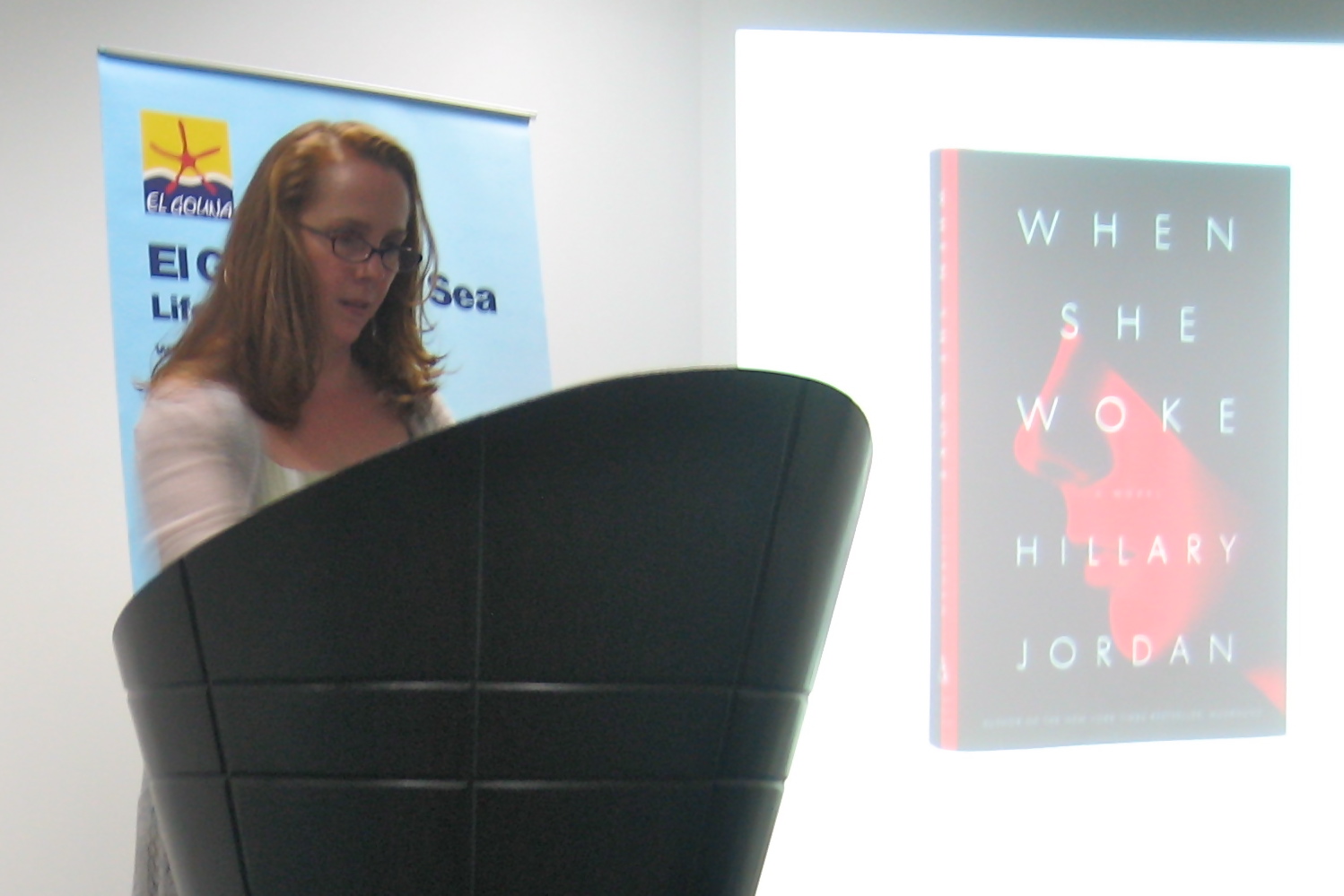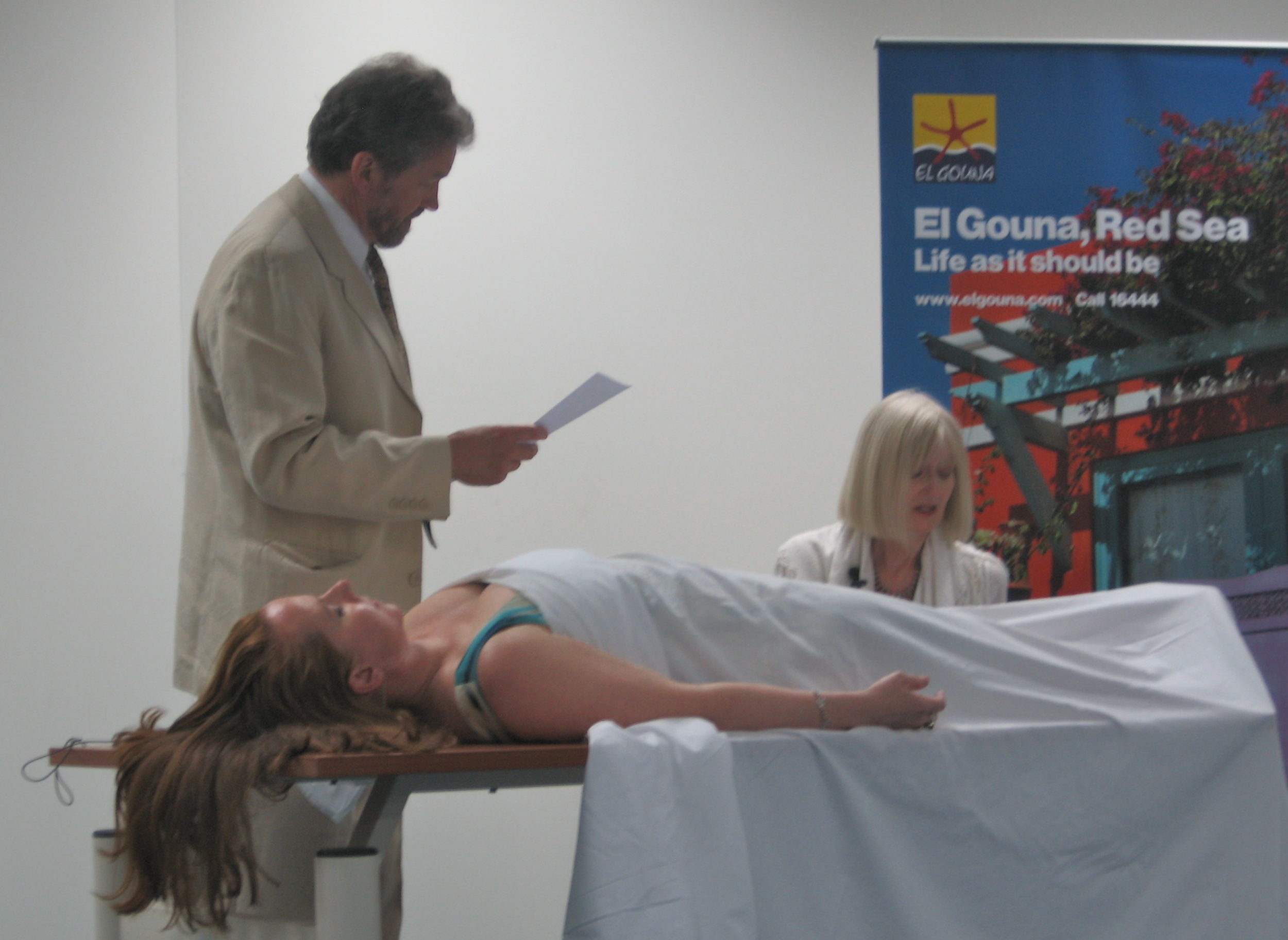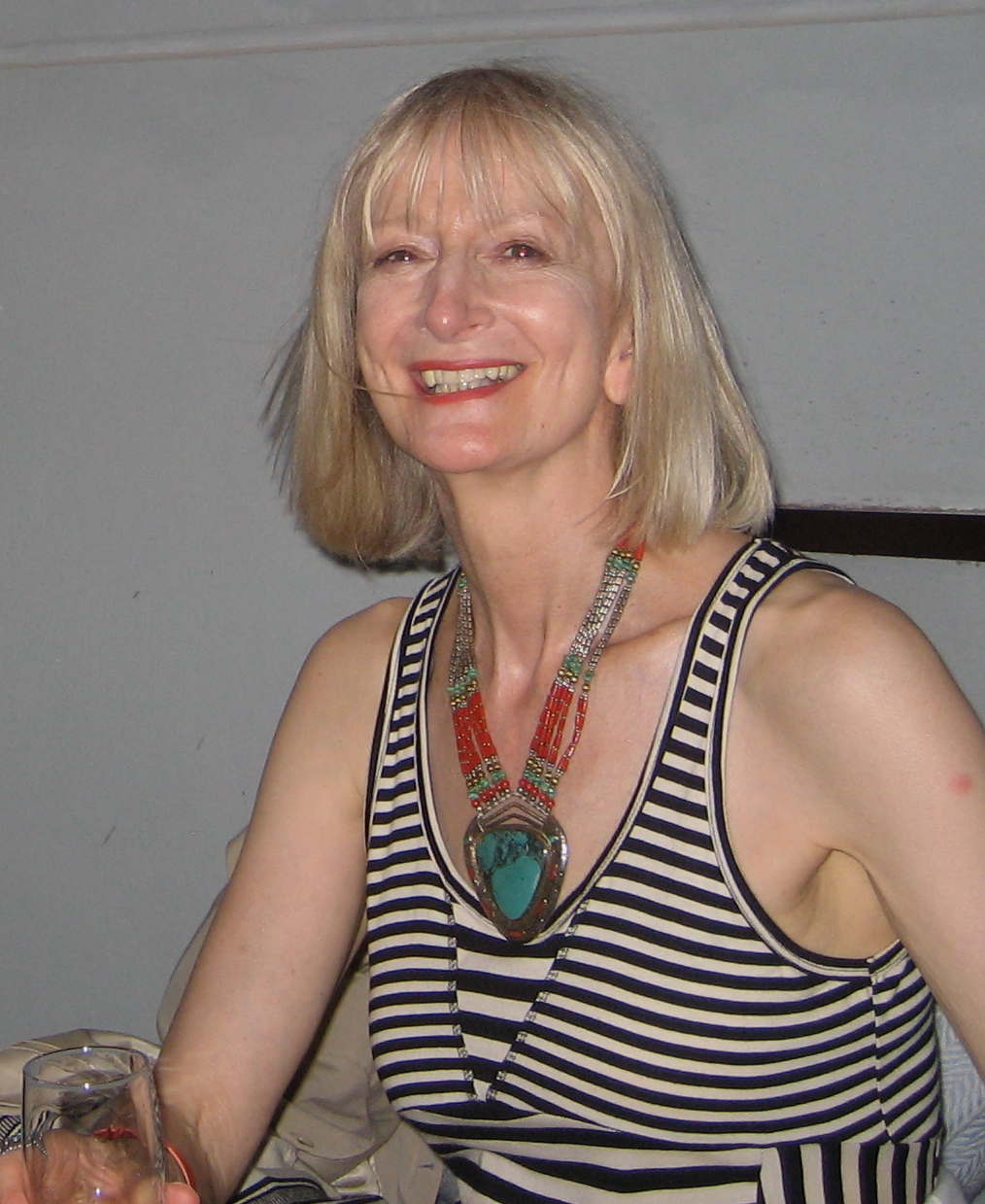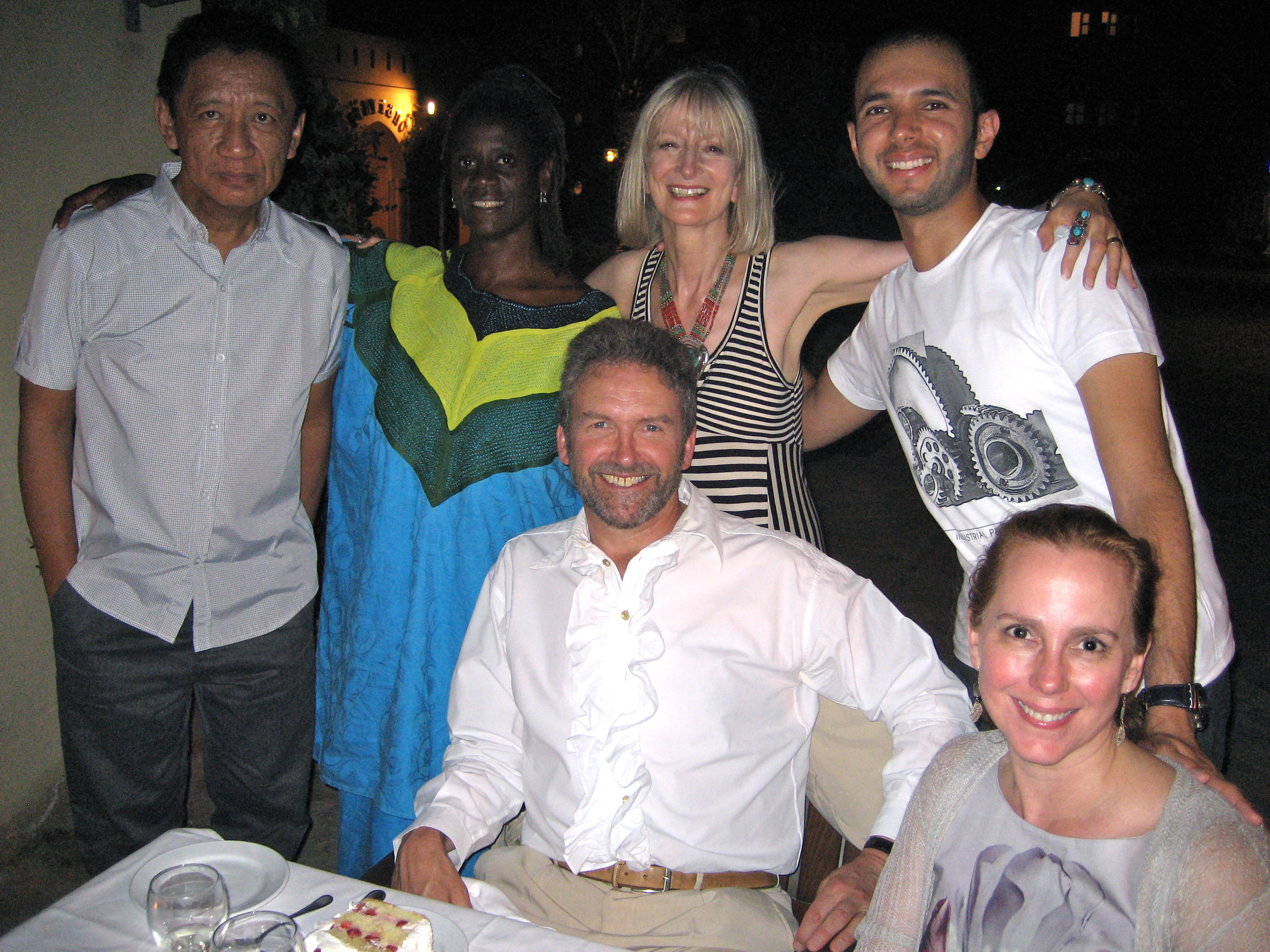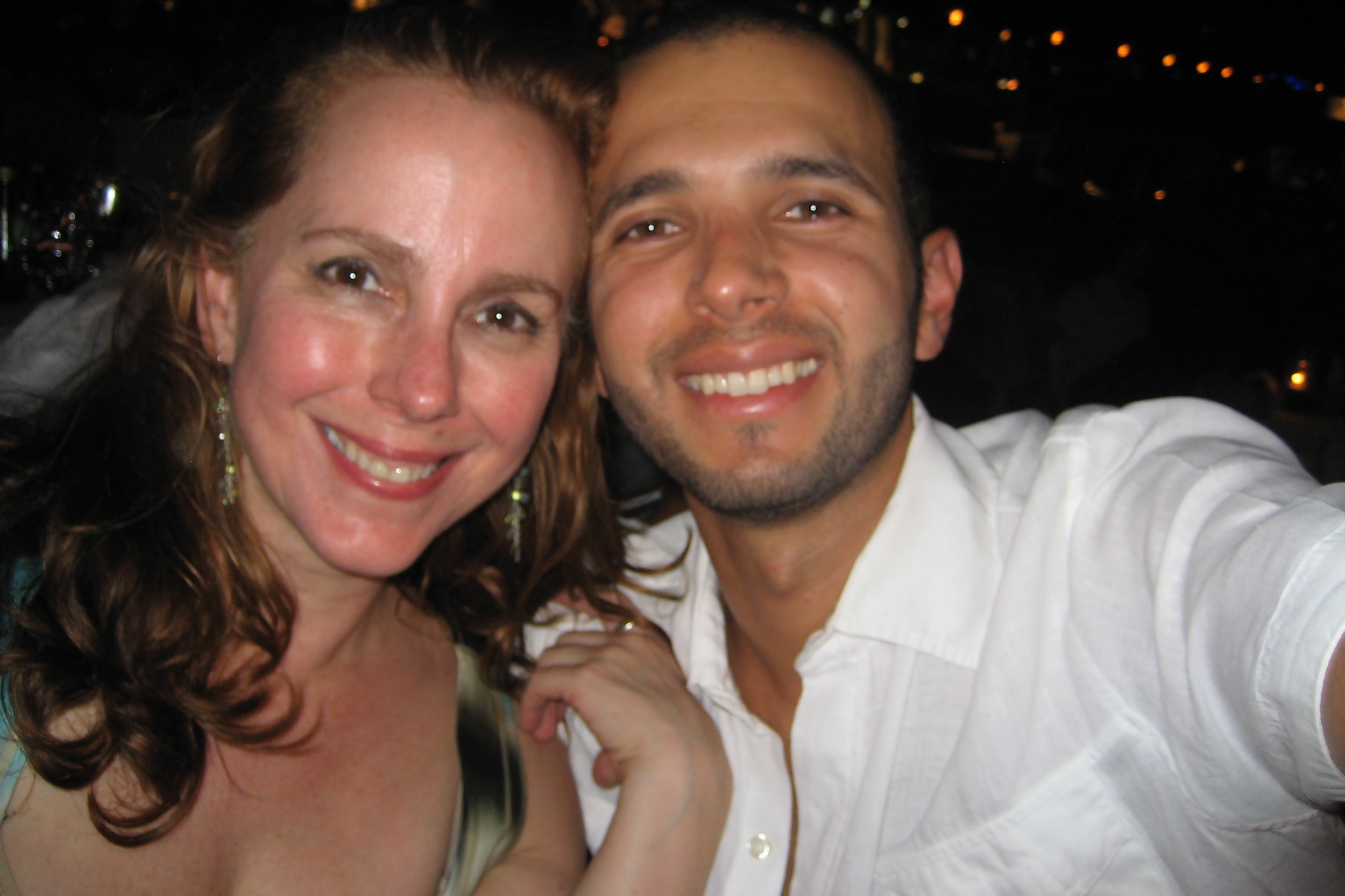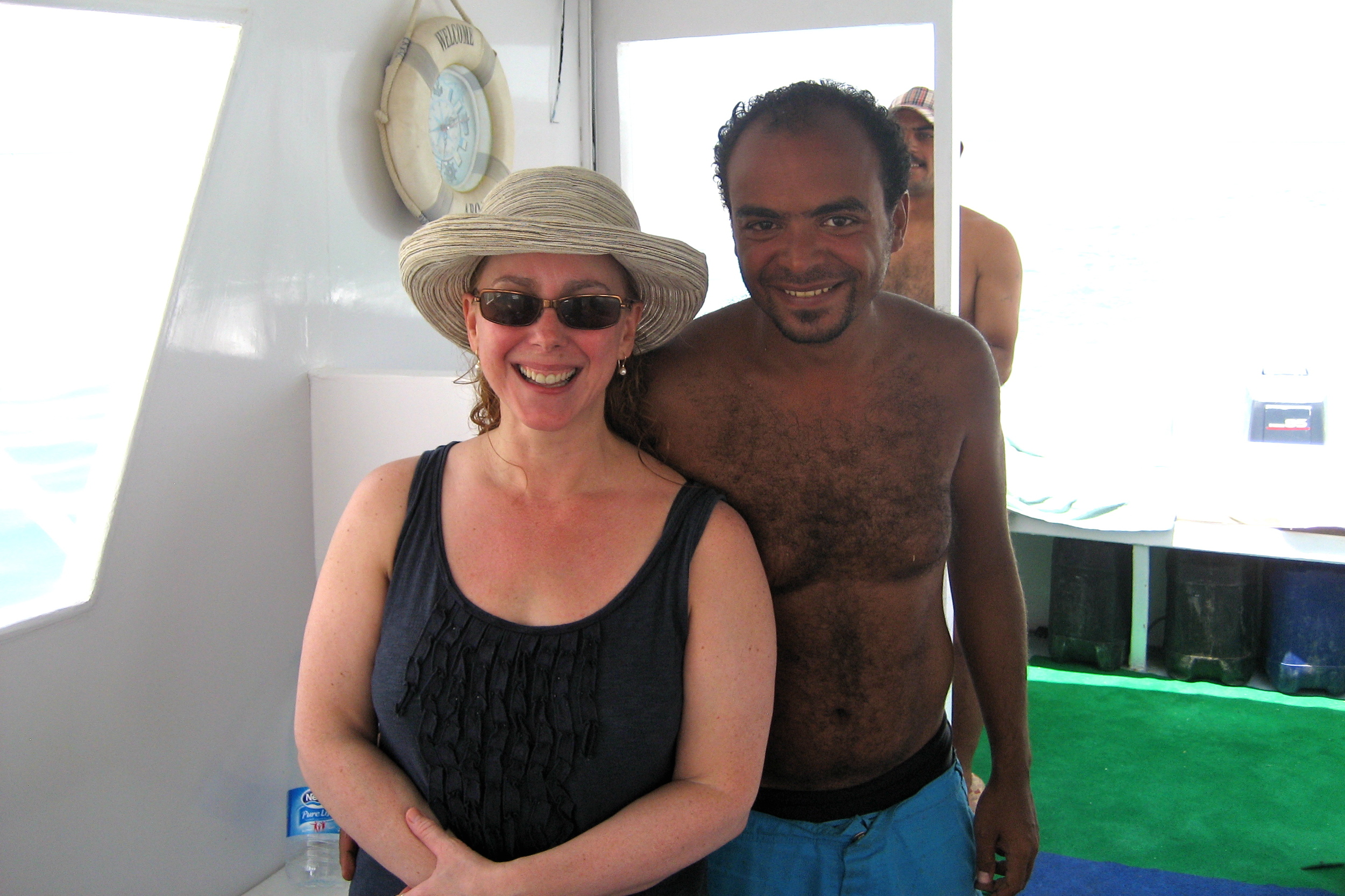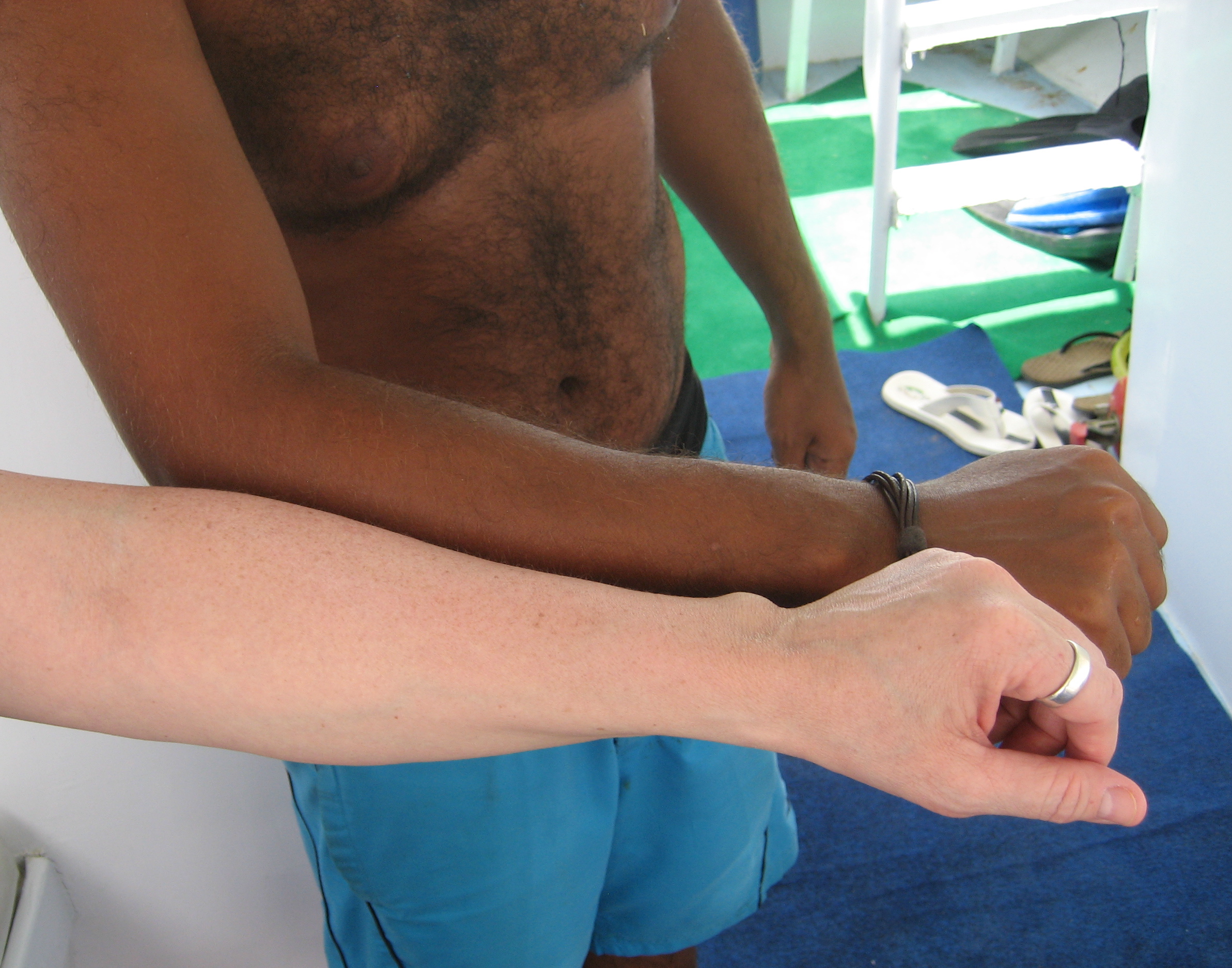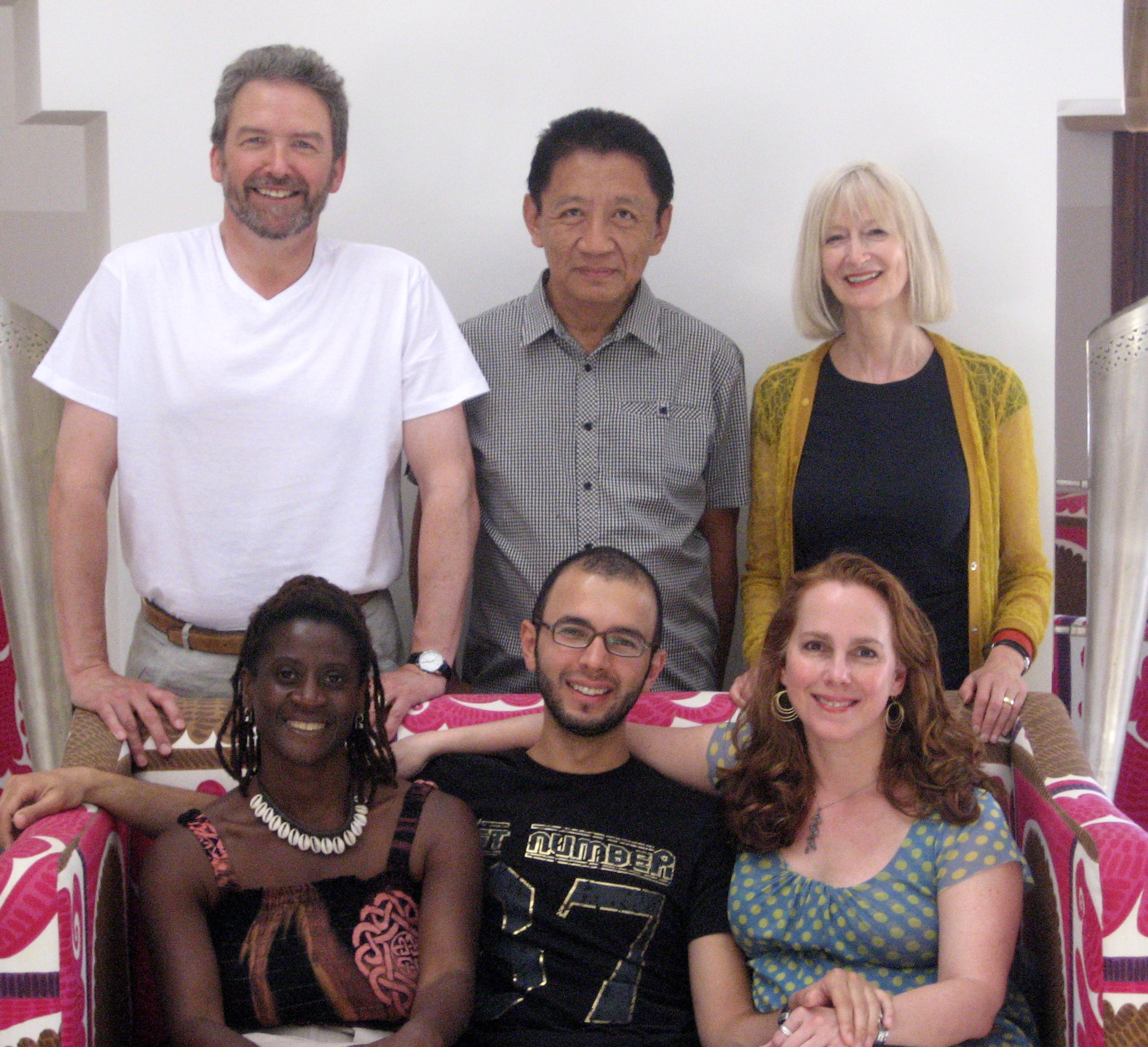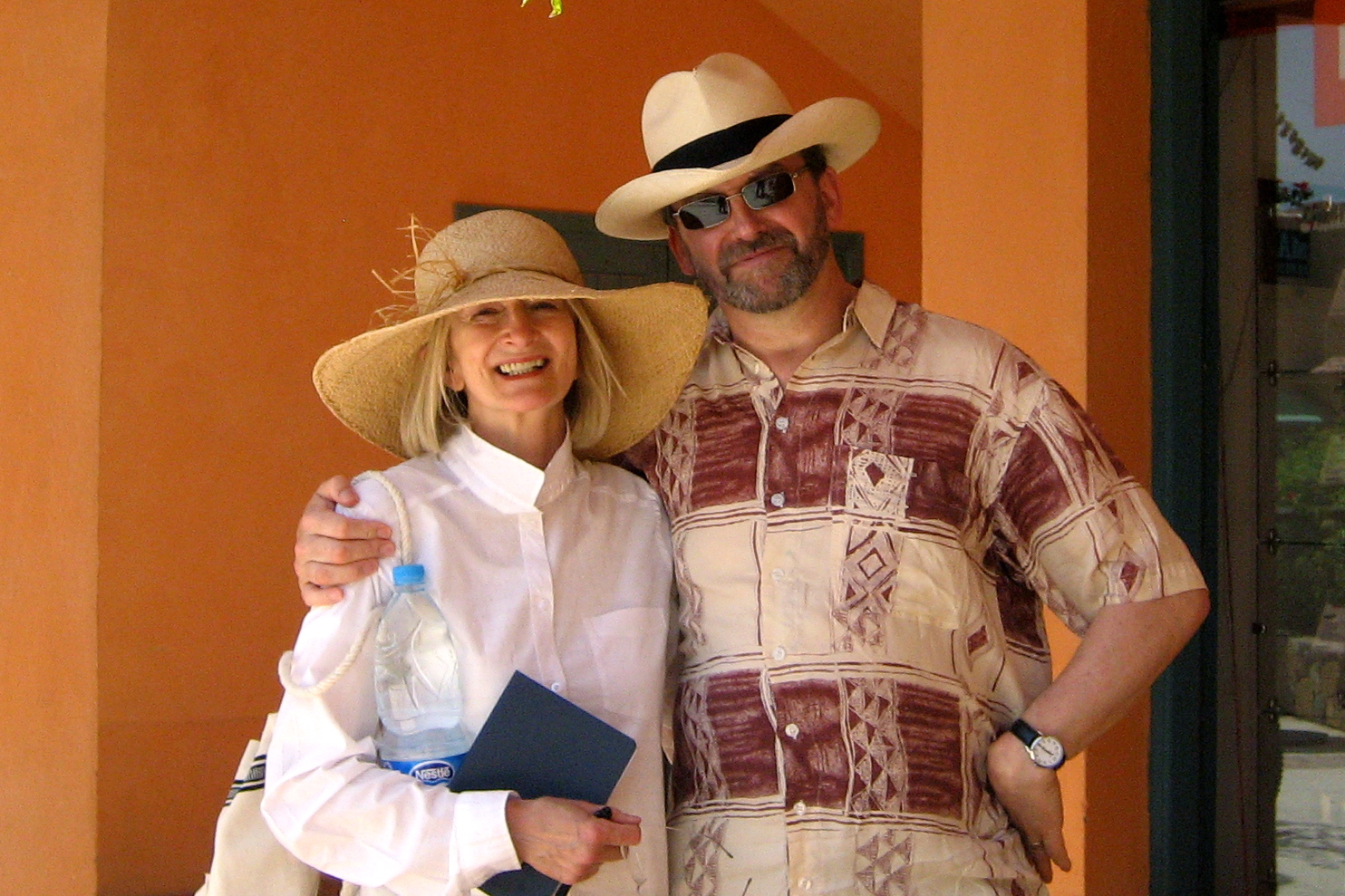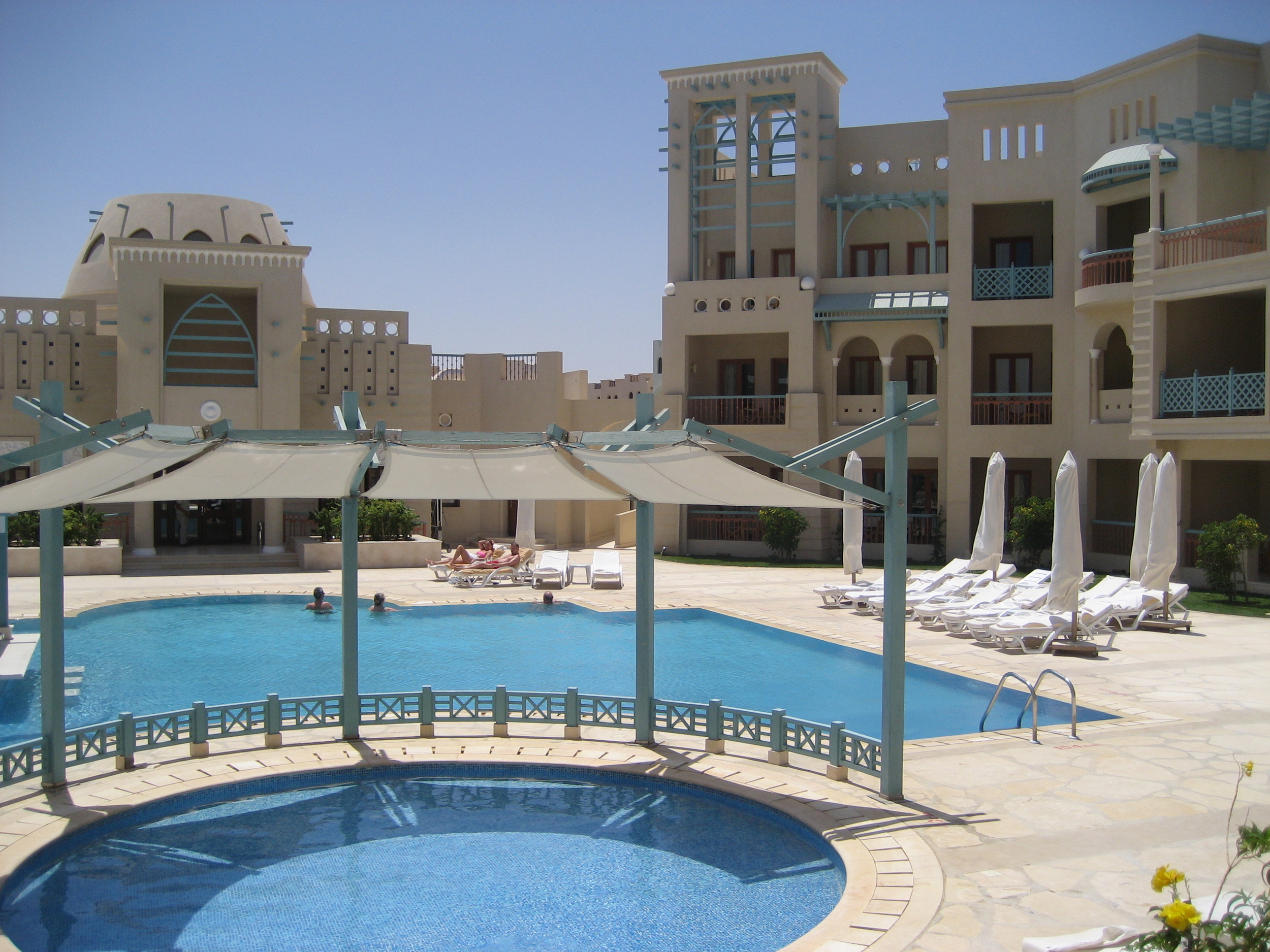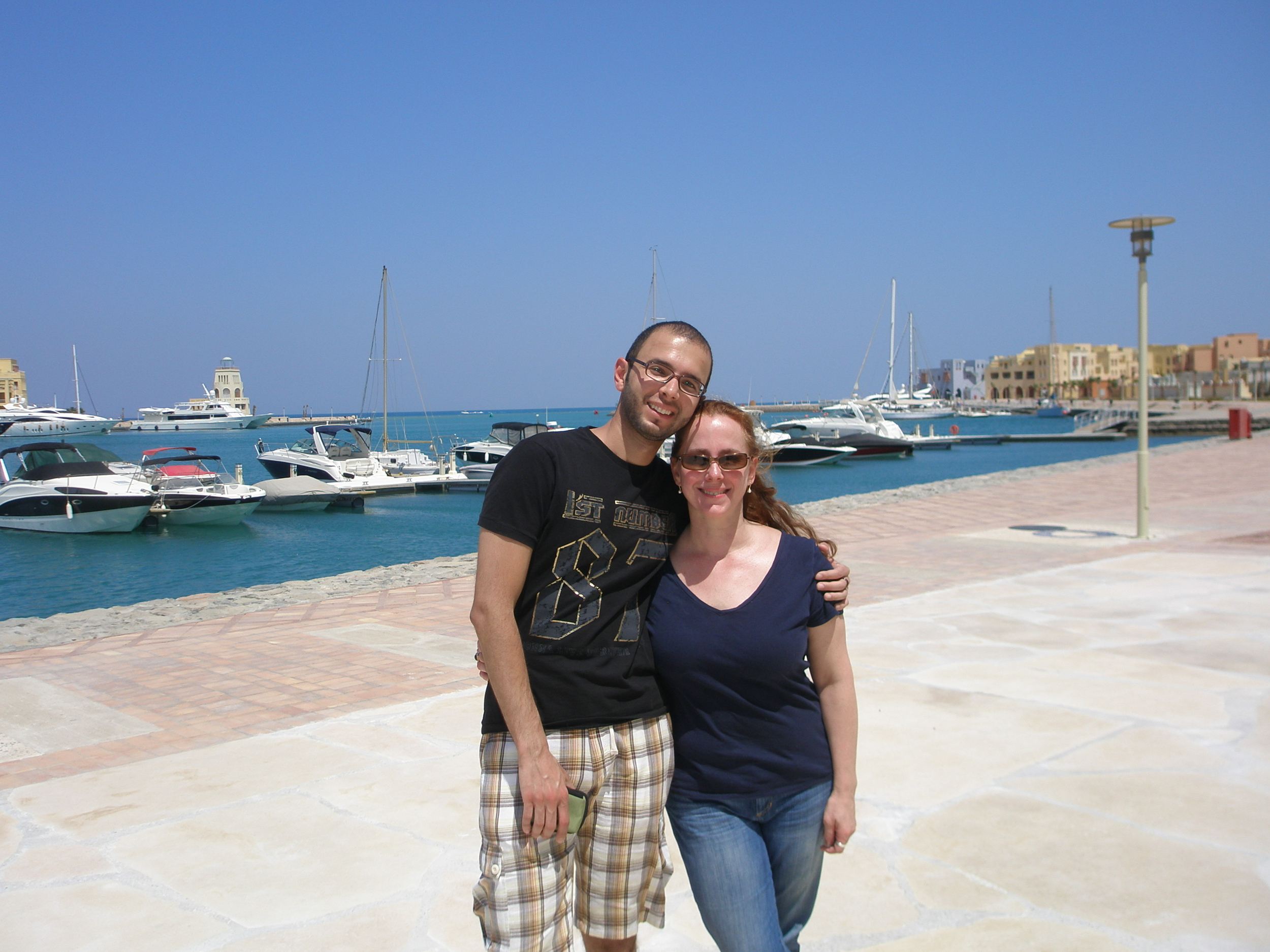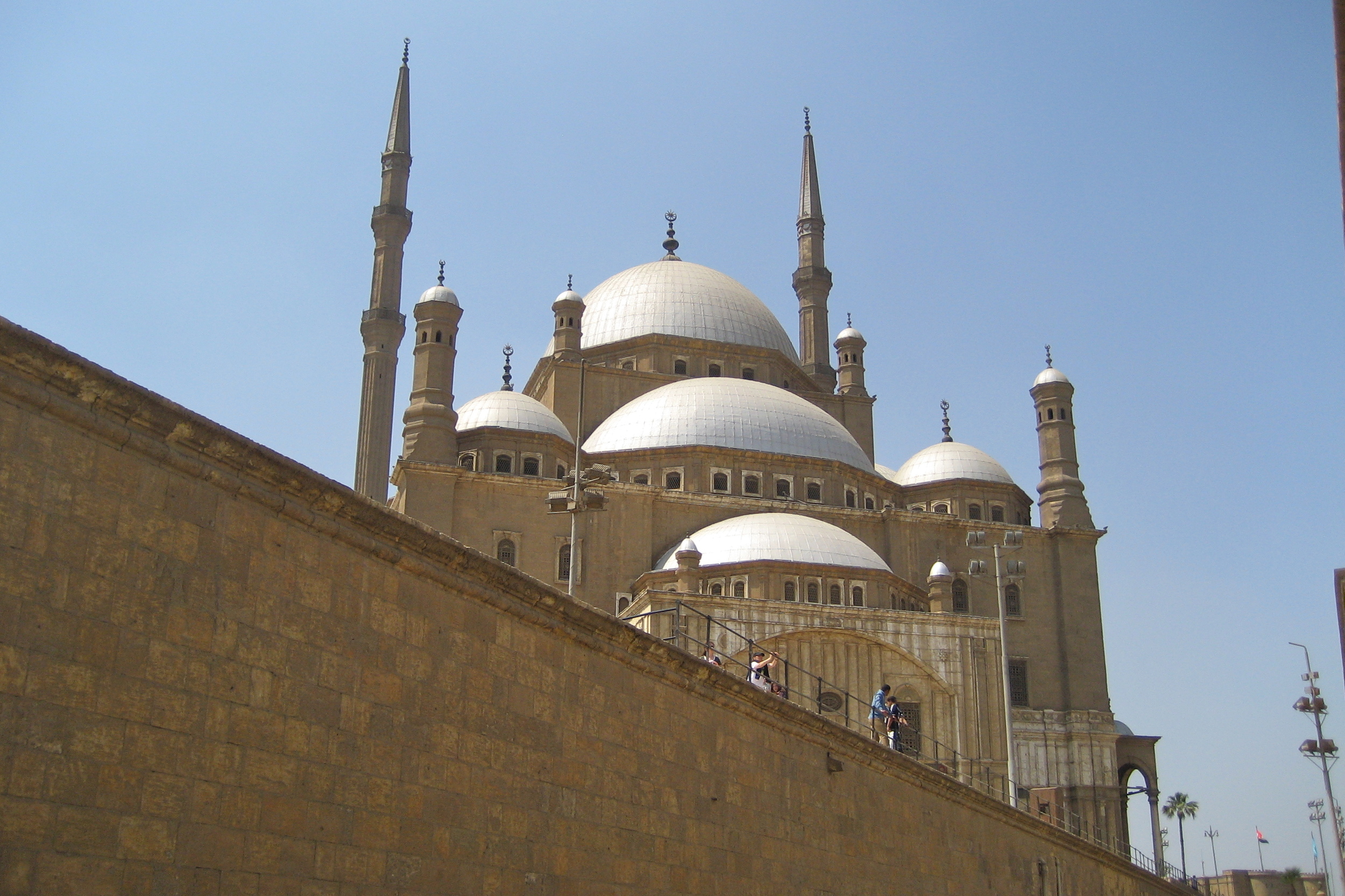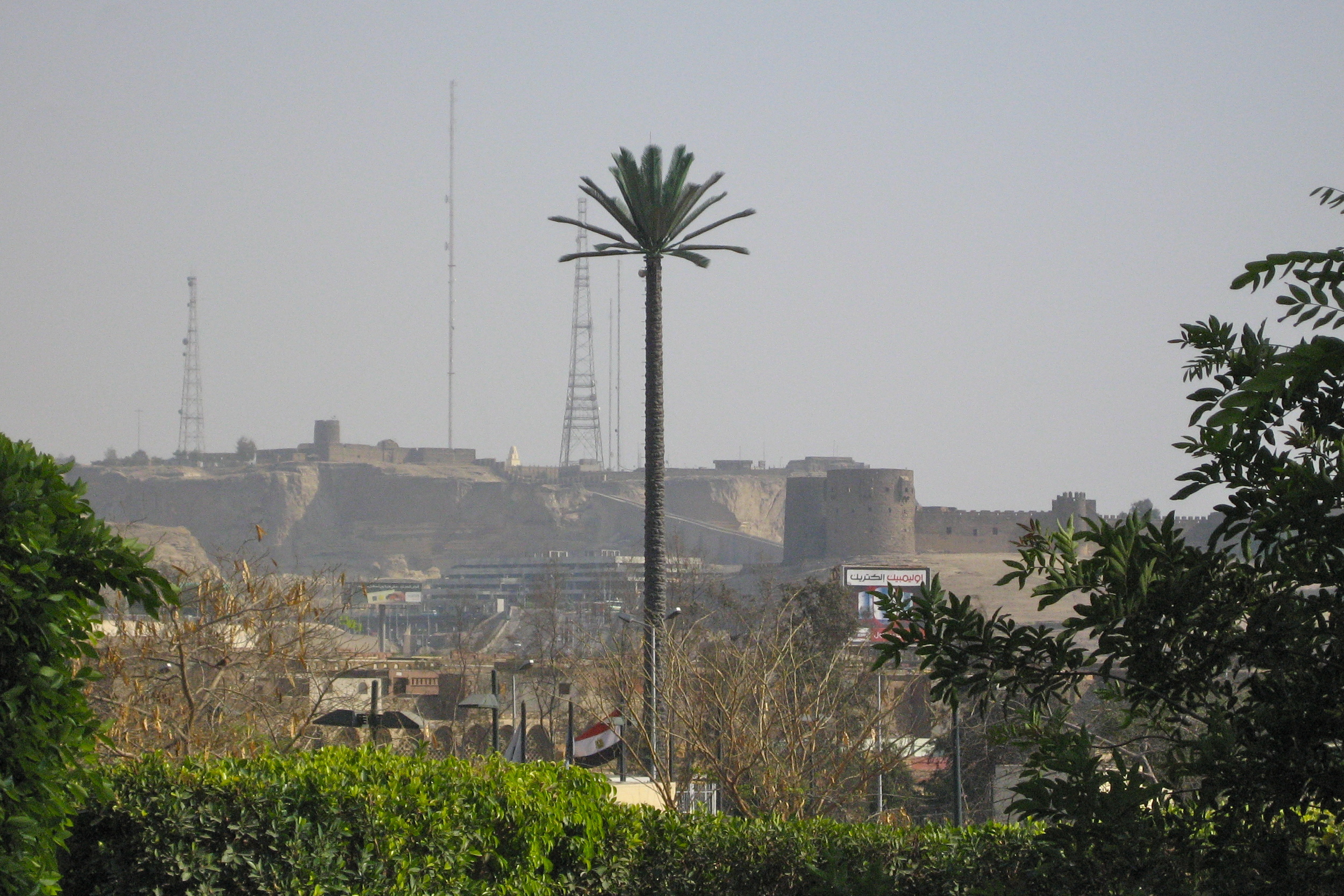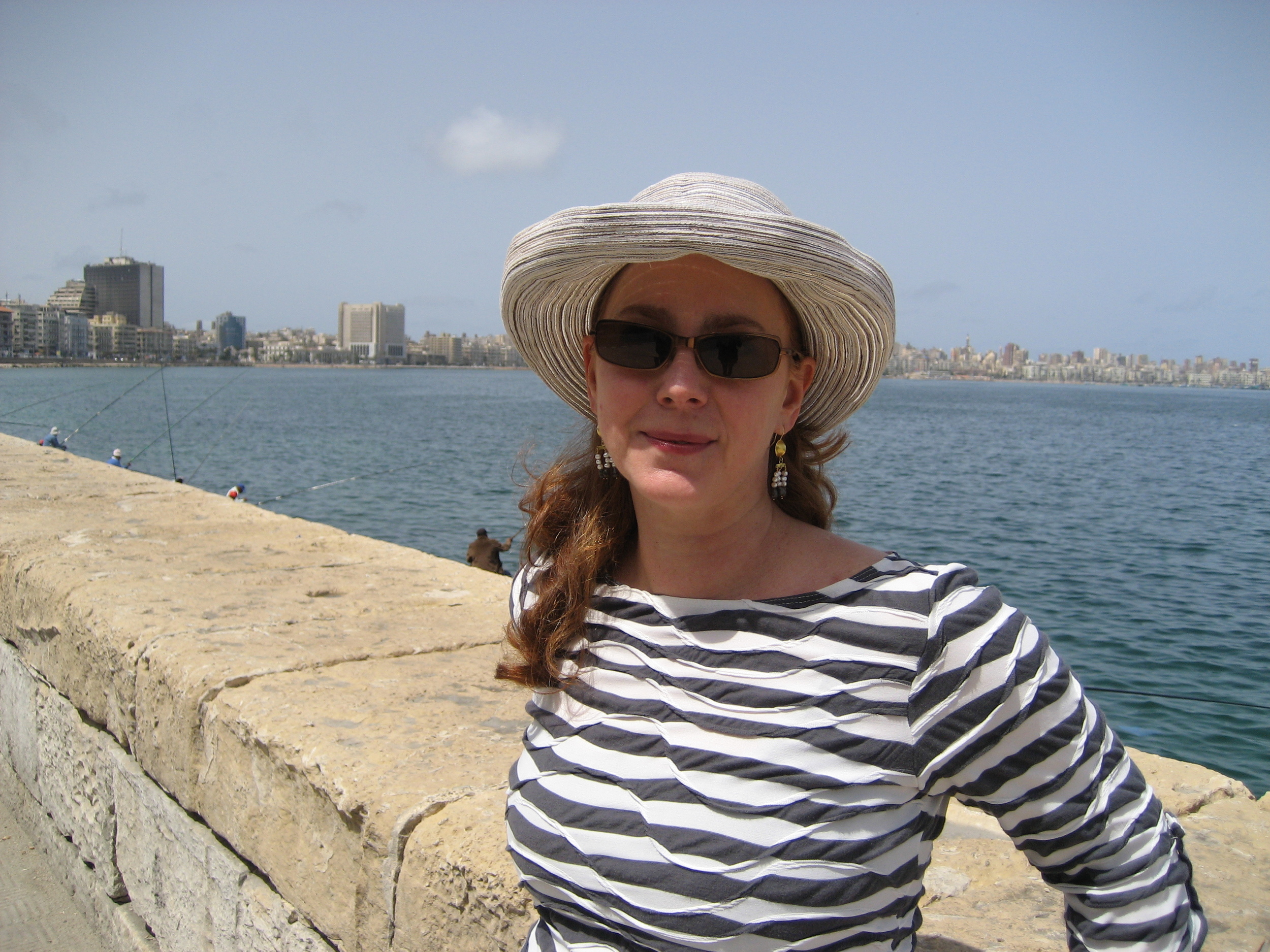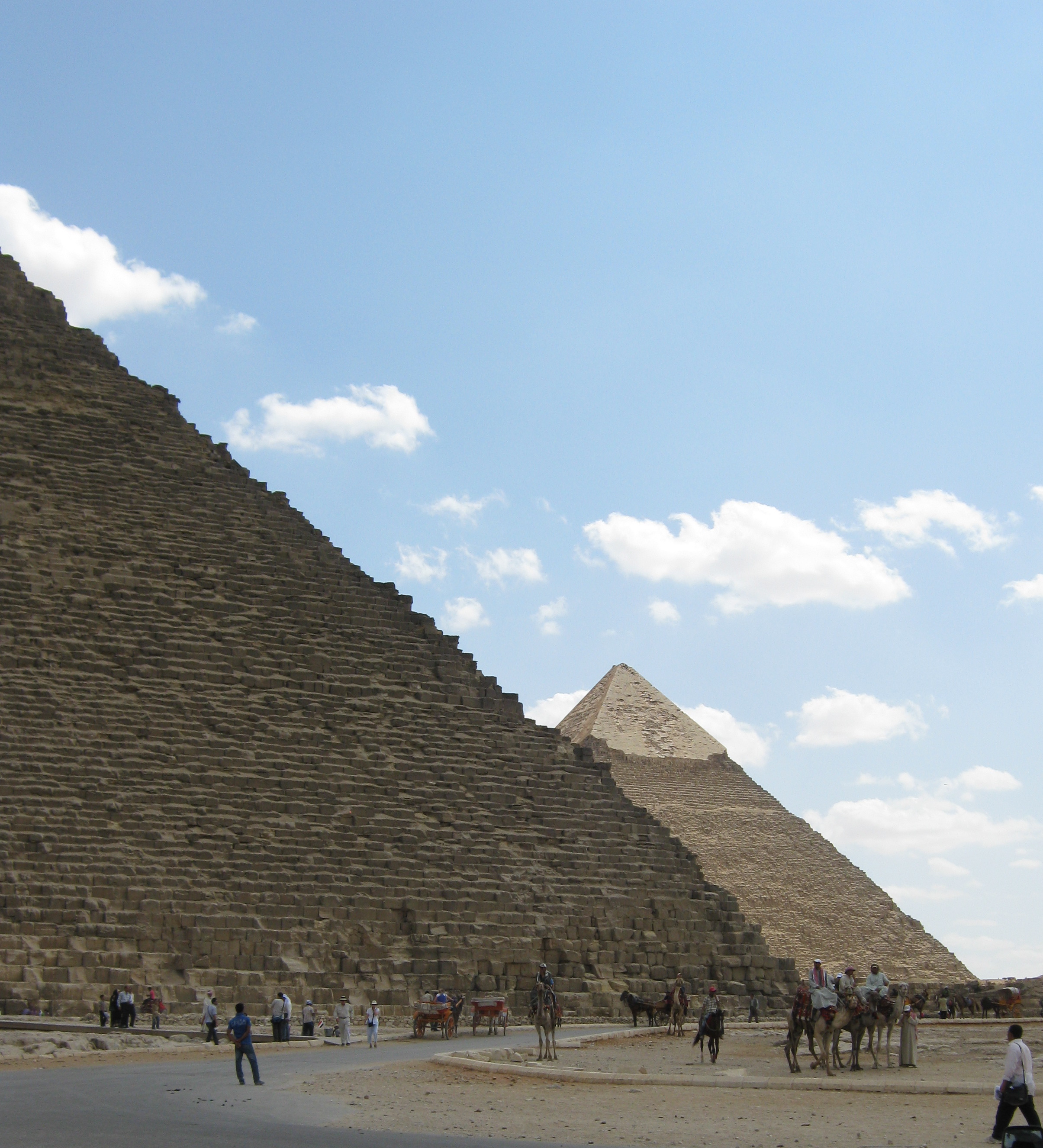I'm in Outside! (Not the actual of of doors, mind, but the magazine.)
Sundance!
With my uber book-to-film agent, Michelle Weiner; on stage, far left, with the cast & director after the premiere at Eccles Theatre
January 19-23, I went to the Sundance Film Festival in Park City, UT for the world premiere of "Mudbound." It was an exhilarating weekend, to say the least. "Mudbound" was the hottest ticket at the entire festival and got rave reviews and Oscar buzz from almost all the critics, including Variety, the LA Times, Buzzfeed, the Daily Beast and The Guardian.
For the record, while I didn't like all the changes the filmmakers made to the storyline and characters, I thought it was a gorgeous, beautifully acted, powerful film. So many excellent books are badly adapted, but director Dee Rees, the cast & crew made a movie I can truly be proud of.
Onward
Like many of you, I’ve spent the past week mourning the election. I gave myself a week to bawl, fulminate, contemplate moving elsewhere, and eat ice cream out of the carton in my pajamas at two in the afternoon.
Now, it’s time to stop wallowing and act. For me, that means finishing my third novel, which I see as my best immediate hope for making change and supporting the progressive values I believe in: tolerance, equality, fact-based governance, and truthfulness & civility in our public discourse.
One thing that seems very clear to me is that we liberals have been talking mostly to each other for the last couple of years. And as comforting and self-satisfying as that has been, it failed spectacularly as a campaign strategy and will be equally ineffective going forward. We’re like the grownups in “Peanuts”: mwah mwah mwah mwah mwah mwah.
So, no more talk for me for a while, and no more dawdling for hours on Facebook and other social media. I need to focus. We all do, if we want to recognize our country four years from now. Let’s go DO. Go write, teach, parent, protest, give, vote, run for office, and fight for the kind of world we want to live in.
11/9
Fifteen years and two months ago, New Yorkers woke to a nightmare. Neither I nor anyone else who was in the city on 9/11 will ever forget the surreal horror of that day: the towers falling, crumpling like sandcastles kicked by a child’s careless foot; the acrid smells of burning jet fuel, molten steel, and incinerated flesh and bone; the people staggering down the streets toward home by the thousands; the strident, incessant howling of sirens, and the even more terrifying silence that followed.
But what I remember most keenly about that day and its immediate aftermath is the expression of stunned, uncomprehending grief on nearly every face I saw. Thousands of our own had been taken from us in the most heinous way, but those 2,996 innocents weren’t all we mourned. We had lost something else, something precious and irretrievable that was greater than ourselves or our individual lives, and its demise was devastating. How, we wondered, could this happen here?
Walking around my Brooklyn neighborhood the day Donald Trump became the president-elect, I saw that same expression on a great many faces. New York is a city of immigrants, a messy soup of nationalities, ethnicities, religions, and economic brackets; a city of fighters and strivers who, despite our differences, somehow manage to live and work in very close quarters in (relative) harmony. New Yorkers really are all in this together, and I suspect that’s why most of us are liberals. At some point, we did the math and realized that if we wanted our rights, we had to give them to our different-thinking, different-colored neighbors with their funny accents and odd ways, too.
On election day, New Yorkers went to sleep believing we lived in one kind of world, and we woke up in another; at least, the 79% of us who voted for Hillary Clinton did. As in September of 2001, we felt the bewilderment of children who’d been told we were safe in their beds, that God was watching over us, that good triumphed over evil. Here, in the greatest city on earth, in the mightiest democracy the world has ever known, mass terrorist attacks were not supposed to happen; nor were we supposed to elevate an ignorant, sexist, racist bully with no respect for the United States Constitution to the seat of Washington, Lincoln, and Roosevelt. Such catastrophes happened in other countries, not in ours. America, and Americans, were exceptional—or so we imagined.
I’ve been thinking a lot about this idea of American exceptionalism that we hold so dear. It’s a conceit that has long been resented and mocked by other nations, even as their people have yearned to believe in it and have come here by the millions to be a part of it, stuffing their few belongings into one suitcase, walking away from farms, jobs, family, and friends, boarding boats or swimming rivers or paying all they had to unscrupulous coyotes who stuffed them in sweltering trucks from which they might never emerge alive: all for the opportunity to live here, in a country that promised equality for all. That we didn’t always deliver it was beside the point; we tried, and our history was one of moving closer to the ideals expressed by our founders. The abolition of slavery, suffrage for black men and—though it took another fifty years—for women. Desegregation, the Civil Rights Acts, reproductive rights, gay rights, transgender rights. At times we’ve lost our way, but for every reactionary step backward, we’ve taken two steps forward; for every Joseph McCarthy or Richard Nixon, we’ve produced a Martin Luther King, Jr. or a Barack Obama. Until now. Now, we’ve elected a president who has gleefully rejected fairness, tolerance, decency, truthfulness, personal responsibility, and every other supposed American value. Turns out we’re no better than any other nation, and we’re about to be considerably worse than many.
After 9/11, it seemed to us here in New York that the whole country and indeed, the whole world, gasped and grieved with us. People sent sympathy cards from Tucson, El Paso, Stockholm, and Nairobi; held candlelight vigils in Kansas City, Huntsville, and Moscow; prayed for us and our dead to Jesus and Allah, Buddha and Brahma in every time zone on the planet. A French friend wrote to me in a letter, “Quelle horreur, c’est inimaginable”—“What a terrible thing, it’s inconceivable.” She used almost the identical wording in the email she sent me the morning after the election, and I received similar condolences from friends all over the world: “Good God, how could this happen?” “You must be devastated.” “My heart is with you.” Like 9/11, the tragedy of this election didn’t just happen to New Yorkers. It happened to all Americans and, because of the power our nation wields, to the entire world.
11/9 was not 9/11. There were no planes crashing into buildings, no senseless deaths. But to many of us in New York and elsewhere, the aftermath feels much the same. The ideals we hold as Americans and that we thought were inviolable have been savagely, successfully attacked, with the help of a partisan Supreme Court and FBI, a political system perverted by money, a craven, profit-driven news media, a Republican Party feeding its constituents on hate and fear, and a Russian government intent on destabilizing America, among other actors.
Instead of choosing the candidate with the qualifications, experience, and maturity to hold the highest office in the land, we elected the most small-minded, vicious, corrupt president in our history, a man endorsed by the KKK who has bragged about groping women, denigrated POWs and the families of slain soldiers, mocked disabled people, spread false conspiracy theories about the current president, and incited violence and hate speech against those who oppose him. How, we wonder, could this happen here?
As on 9/11, something precious and irretrievable has been lost. But this time, 60 million Americans are cheering.
Mudbound the Movie!
It's official: Mudbound is going to be a film! Dee Rees (Pariah, Bessie) is directing a dream cast headed by Carey Mulligan, Garret Hedlund, Jason Clarke and Jason Mitchell (pictured above), along with Mary J Blige, Rob Morgan and Jonathan Banks. Shooting began May 27th in Louisiana and will continue through early July. No word yet on a release date but I'll keep you posted! (And yes, I know I'm using a ridiculous amount of exclamation points, but I can't help myself.)
The ultimate form of praise
A fan of WHEN SHE WOKE tweeted me this the other day. My words, inscribed in human flesh!
World Book Night Kickoff
Chocolate Chip Cookies for a Hurricany Day
1 stick butter, softened9 TBS dark brown sugar 3 TBS sugar 1 egg 1/2 tsp vanilla I scant cup flour 1/2 tsp salt 1/2 tsp baking soda 6 oz. semi-sweet chocolate chips
Preheat oven to 350 degrees. Cream butter and sugar in a standing mixer (or by hand). Add egg and mix. Stir together the dry ingredients, add and mix. Add vanilla and chocolate chips and mix. Refrigerate 1/2-hour to firm the dough. Form into 1 1/2-inch balls and put on parchment paper on a cookie sheet. Bake 10-12 minutes, until golden brown.
WSW en français!
Traduit brillamment par Michèle Albaret-Maatsch et disponible aux librairies partout la France.
Aftermirth!
I'm thrilled to announce the publication of my first digital short, "Aftermirth," a comedy...about death. It's now available for download everywhere ebooks are sold, including the iTunes Store and amazon.com, where it's a Kindle Single.
WSW now out in paperback!
MUDBOUND in Swedish!
Continuing adventures in Belgium and Holland
Spent last weekend in Brussels and fell madly in love with it. In part this is because I finally had some decent weather there — at least for the first day and a half, and then it started pouring rain, weather that I'm sure was sent south by the Dutch :) — and in part because I could speak the language. (To my surprise, a couple I was chatting with one night at dinner asked me if I were from Brussels, leading me to wonder whether I speak French with a Belgian accent???) But mostly I adored the city because of its sublime art and architecture, its charming and welcoming residents, and finally — which those of you who have followed my blog posts in the past will recognize as the real clincher — because the cuisine is merveilleuse. Seafood and chocolate are the pièces de résistance but there are also other enticements like white asparagus, which was fortuitously in season, pastries, and beer, which is not really my thing, but I did try a couple of the >250 varieties they make there. Brussels is old, old — the earliest beginnings were markets in the 10th century — and one feels it everywhere, especially in the Grand Place, the main square of the old city, which may be the most impressive I've ever seen. The first permanent structures were indoor markets built in the early 1200s. Commerce flourished, and around 1400 construction was begun on the Hôtel de Ville (City Hall), a church-like structure surmounted by a delicate spire topped by a gilt St. Michael so high up you can barely make him out. This bold assertion of secular power by the politicians of the day was countered in the early 1500s by a duke who built the trying-hard-but-not-nearly-as-splendid Palais du Roi across the way. Take that, you commoners, with your delusions of grandeur! Except the commoners had the last laugh. Flanking City Hall and the palace are the trade guild houses of the archers, boatmen, haberdashers, carpenters, coopers, tallow-makers and bakers, all trying to outdo each other in opulence. The all-important brewers guild still occupies its original digs today.
Photos: One of the many tempting shops lurking around every corner in Brussels; a Belgian meal that made me absurdly happy; the commanding Hôtel de Ville; a few of the guild houses in the Grand Place (the one with the gold statue on top is the brewers, which shows you how much they value their beer!)
I only had time for two museums in Brussels, the Palais des Beaux Arts and the Musée Magritte. The Beaux Arts houses all the important Flemish art from the 1400s to the present, plus other European works. There's a room with 20 Rubens, plus some terrific Van Dycks, Hals and Jordaans (a distant ancestor, perhaps?). All the reproductions you've seen of Jean-Louis David's Death of Marat can't possibly prepare you for the impact of the original in person. Another revelation for me was Bruegel II, the detail of whose work is absolutely mind-boggling. Who would have that much patience in this day and age? Certainly not me!
I particularly enjoyed the Musée Magritte. There, as with the Van Gogh museum in Amsterdam, you are immersed in one artist's life and work and brought to a gradual understanding of his creative trajectory. Interestingly, there isn't a single guy in a bowler hat with a green apple in this museum; Magritte's most commercially successful paintings are elsewhere—the Louvre, the Met. But here you get to see the whole arc of his work, so much of which was unfamiliar to me. He was also quite an abstract thinker and a bit of a poet, and his inspiring words are inscribed on the walls of every room. I tried to take a picture — sans flash — of one of Magritte's quotes, and a guard came over to me and insisted I erase it from my phone and watched while I did it!
That episode aside, it's stunning to me how vulnerable these irreplaceable works are here in the Netherlands and Belgium, compared to say, museums in NYC and Paris. The paintings are right there in front of you, no barrier, maybe they're under glass, maybe one guard for every three rooms. It's like looking at incredibly beautiful naked people. On the one hand it's thrilling, because you can get so close to that beauty, can put your eyeball right up to the brush strokes that give them life. But on the other hand it's terrifying, because you're so acutely aware of their vulnerability to some maniac like the guy who savaged Rembrandt's Night's Watch with a knife. (Which I saw, at the Rijksmuseum, and which they repaired for the most part, though there's one place where you can still see the slashes, like wounds.)
I'm writing this my last night in Holland. I'll be glad to go home tomorrow, despite the many beauties I've seen here. Between the solitude and the weather it has been a challenging couple of weeks. But I've met some truly lovely people, including my neighbors, who have invited me for drinks twice and are now insisting on taking me to the airport tomorrow, and a charming friend of my first love from my college days, who took me last night to his fabulous restaurant in the country...in his Maserati. Ha! In my next life, I would like this car. Maybe by the time I get around to my next life (because I feel sure I have a lot of work, maybe centuries of it, to do before I earn that privilege), artists will be driving the Maseratis and businessmen will be driving the Kias. You think? No, me either...but we all have to have dreams.
Photos: The WC at the Musée Magritte; my favorite Magritte at the musée; a view of the city from on high, near the royal palace; St. Catherine's church; my car in my next life.
Holland week one (with noisy ecstatic Belgian interruptions)
My first foray into this lovely old part of Europe. I’m doing a home exchange with a couple in Utrecht who have a beautiful 4-story 2-bedroom house on a canal here, which for some reason they wanted to swap for my tiny little 1BR apartment in Brooklyn. So, I enthusiastically said ja! (Ja being one of the few Dutch words I can actually pronounce, after 10 days here.) The first thing you notice about Utrecht are the bicycles: thousands upon thousands of them whizzing madly about the city, captained by people of all ages (though you see an awful lot of unwrinkled faces over the handlebars, as Utrecht is a university town with 65,000 students). Often there are two or even three people on a bike: the peddler, a baby in a seat in front and someone hitching a ride on back—none of them, including the infants, wearing helmets and all apparently surviving just fine, by the way. There are bicycle lanes on almost every street, much wider than the sidewalks, and if you’re a pedestrian like myself you stray into them (which is very easy to do since the delineation isn’t always clear) at peril of life and limb. My hostess left me the keys to her bike but thus far I’ve been too terrified to get on it. It’s really impossible to exaggerate the number of bicycles and the cheerful ruthlessness of the Dutch people riding them.
Who are also extremely tall, by the way: Kareem-Abdul-Jabar-tall, some of them, and strapping. A girl I met told me that the Dutch are the second tallest people on earth, after the Masai in Africa—and I believe it. I’m one of the shrimpiest people in any given situation here, but there are guys walking down the street who could be playing for the Knicks or rescuing cats from trees without benefit of a ladder. Basketball recruiters of America: there’s a vast untapped market here, though whether they’ve got game I don’t know.
The Dutch language is an inscrutable mouthful. I've rarely been in a country where I couldn't basically figure out what things were, but here I'm constantly having to ask for help to do something as basic as buy a carton of nonfat milk (fortunately most of the Dutch speak excellent English), or where I had so much difficulty pronouncing the words. Even my ja got corrected; apparently I was pronouncing it like a German not a Netherlander. And I still can't pronounce the name of the street where I'm staying, Wittevrouwensingel, well enough that anyone knows what I'm saying.
Photos: the garden at the house where I'm staying, with one of my furry companions; the crammed-full bicycle storage area at the train station; the Gothic Cathedral in Utrecht, where I went to a gorgeous choral concert, and where I saw; possibly one of the most Dutch-looking Dutch people I've ever seen, and believe me there are a lot of Dutch-looking Dutch people here; a typical tongue-torturing Dutch word.
Now interrupting this Dutch post to say that I’m writing this from a hotel in Brussels that fronts onto a major street, and for the last 45 minutes I’ve been hearing celebratory honking and shouting in the streets like a war has ended or something. But no, I discover, it’s not V-E Day, it’s just that Belgium won a football match tonight and will advance in the World Cup. Which didn’t happen for the Dutch last week, despite everyone (including myself) wearing orange on the match days, and they’ve all been grumpy as a result. Or maybe it’s just because of the absolutely dismal weather.
It has done almost nothing but rain since I got to Holland, though there have been a few reprieves where it was merely drizzly or cloudy and gloomy and chilly. I’ve kept expecting Noah to float down one of the canals on his arc but have so far been disappointed. I've distracted myself from the damp and chill with two train trips into Amsterdam, first a museum day and then a wandering day. The Rijksmuseum was a bit disappointing—much of it is closed due to a major renovation that’s been going on for years apparently and won’t be finished till sometime in 2013. Still, there were some splendid Rembrandts on display, and a couple of Vermeers I’d never seen in person. The real highlight of the day was the Van Gogh Museum, a feast for anyone who loves his work as I do. So sad, that he never lived to see how revered and beloved his paintings would become.
Enough for one post, I think. It's after midnight and the Belgians are still shouting and honking like mad outside my window. No idea when I'll sleep but it's hard to begrudge them their joie de vivre, given what a rarity it is in life, non?
Photos: a typical canal view in Utrecht, except that in this picture (my first night there, a cruel tease) it's not raining or overcast; the Rijksmuseum with its enormous park on another miraculously clear day; the Iamsterdam sign in front of the museum, from which the all-important I is not in the frame due to photographer's negligence.
A looong post coming
I know, I know. Forgive me, readers, for I have sinned. It has been a year since my last blog. A busy year, but that’s no excuse. I will try to do better now that my life has resumed a less frenetic pace. First, some exciting developments: MUDBOUND is being translated into Norwegian, Swedish and Turkish. And WHEN SHE WOKE is being translated into French (by my same translator and publisher, Éditions Belfond), German, Spanish, Turkish, Brazilian Portuguese, and Chinese complex characters (as if they’re not all complex) for the Hong Kong and Taiwanese markets. Very exciting, to conquer new languages.
Pictured below: the elegant Norwegian cover of MB, which, like the French, they called MISSISSIPPI; the totally telenova Spanish cover of WSW, which translates roughly to RED: A Criminal Skin, Condemned by the Death of Her Child; and the hyper-rad Turkish cover of WSW.
El Gouna, day 30
My month in paradise has passed like a fleeting dream, and I’m reluctantly packing to return to Cairo and then home, where there is no turquoise sea, no swim-up bar or Tok Toks or daily maid service, no Abdullah or Maggie or Nick or Kadija or Victor. All of us are a bit glum about leaving. Reality is always harsh after a residency, but something tells me it will be particularly cruel this time. We’ve had a fun last week, beginning with a group event hosted by the El Gouna branch of the Bibliothèque d’Alexandrie and attended by members of the community. We each read for ten minutes, me from When She Woke, for only the second time ever. The highlight of the evening was an enthusiastically received performance of two scenes from Abdullah’s new play, Mrs. Ghada’s Pain Threshold. I played the title character; Maggie was my mother and Nick my plastic surgeon (Mrs. Ghada has an identity crisis that leads her to get liposuction).
The 22nd was Nick’s birthday, and we celebrated with champagne at the hotel, followed by an excellent French meal at a local restaurant. Nick channeled Tom Jones & Austen Powers for the occasion, as you’ll see in the photos below. A splendid time was had by all.
Photos: me reading from WSW; the big performance (I’m anesthetized during this scene, probably the best use of my acting talent); the abashed birthday boy; lovely Maggie; Nick in his groovy shirt surrounded by his fans.
Friday night is the party night in El Gouna, with a live open-air show in the marina. It’s hard to convey the surreality of watching women in hijabs watching a Russian Beyoncé wannabe wearing a black lace teddy lip sync to “Put a Ring On It” while surrounded by three male dancers in drag. The pictures really don't do it justice.
On Saturday Abdullah, Kadija and I went snorkeling in the Red Sea, both of them for the first time. Our guide, Mohammed and our captain, Mohammed (Mohammed is the Egyptian equivalent of Bob) took us to a reef 40 minutes by boat from El Gouna. The water was crystal clear and the reef populated by a gorgeous array of tropical fish. There were lots of divers as well as snorkelers, and I was kicking myself for not having gotten re-certified while I was here.
My Arabic lessons with Abdullah have continued. My favorite new expression is fel mesh mesh (in your dreams), which I’ve had multiple occasions to use since Egyptian men are such shameless flirts. Not that I’m complaining . . . they are also, many of them, handsome as gods, with their gorgeous brown skin and dark eyes full of mischief. I also like this word haram (forbidden), and our last night Abdullah and I acted on it, with Maggie and Nick as witnesses, by taking a prohibited night swim, which we’d been wanting to do ever since we arrived.
Shokrun Orascom & the El Gouna Writers Residency for an unforgettable month!
Photos: Friday night in El Gouna; habibis; Kadija on the boat; me and Mohammed, one of the aforementioned flirts; Mohammed's tan vs. mine, which I'd been working on for an entire month (he found this hilarious); Zaher, a charmer who looked after us at the hotel, in my hat; the irresistible lure of the haram.
El Gouna, day 20
I’m about to begin my fourth week at the beautiful & sybaritic El Gouna Writers Residency, founded two years ago by a group of Egyptian writers and lovers of literature, God bless them. El Gouna is a luxury resort on the Red Sea built and designed by Orascom over the last 20 years; a totally created place with a slightly surreal, Disneyland-like feel. The town is still a work-in-progress, with big chunks of desert (from which they wrested all of this) still slated for development. There are six of us in residence. As pictured below: British author and journalist Nick Rankin; Filipino poet Victor Sugbo; British novelist Maggie Gee, who’s married to Nick; British/Sierra Leonean writer Kadiga Sesay; Syrian playwright Abdullah Alkafri; and myself. As with most artists colonies we work on our own during the day and get together every night for dinner plus random breakfasts, lunches and outings. It's a lovely group of people. Readers of my past blogs may recognize Nick and Maggie from Lavigny, another, very different sort of paradise where we were fortunate to spend three weeks. What a treat for me to be reunited with two of my favorite people.
The motto of El Gouna is "Life as it should be," and it's hard to disagree with that. We all feel ridiculously lucky to be here. Home is a brand new 4-star hotel called the Mosaique, on a quiet marina. We have two pools and a big blue sea in which to splash, as well as many charming shops & restaurants nearby. The hotel provides all our meals, and the staff spoil us rotten. Basically we live like pashas, without the plural marriages.
Photos: our happy band of six; the picturesque little marina near our hotel; Abdullah & me with El Gouna in the background; a local watering hole; Nick & Maggie, looking veddy dapper & British; sunset over an as-yet-undeveloped area
As with Cairo this place is under-populated because of the revolution, which has put a serious damper on tourism (something I forgot to mention in my last blog — I sailed through the Cairo Museum, which normally has long waits, and there were eerily few people at the pyramids and the big mosques). El Gouna too has a semi-deserted feel; this time last year they had 100% occupancy, whereas now I’d guess it’s no more than 30%. Egyptians are still coming on holiday, and we’ve seen quite a few retired British couples (recognizable by the massive quantities of lobster-red flesh on display by the pool — a vivid reminder to myself to wear sunscreen and not to sport a bikini in my 60s) as well as some other Europeans. Few Americans have discovered El Gouna, so I’m something of an anomaly here.
The weather is hot — temperatures range from the mid 80s to the high 90s — but the sea breezes keep the days tolerable, and the evenings are delicious. I’m slowly gaining some color. I wouldn’t call myself tan exactly, but at least I can no longer accurately be described as fish-belly-white.
I’m writing well and can feel myself recharging after my long red slog. I’m actually working on something funny — granted, it's dark funny, but still it's a welcome change from my grim right-wing dystopia. And it’s a short story, not a novel, told in the first person from a man’s POV, all of which I’m finding as almost as refreshing as a dip in the sea with Abdullah, who is my mostly companion here and a true kindred spirit. He is teaching me one word of Arabic a day. Among my newly acquired vocabulary: shokrun (thanks); halas (enough); saha! (bon appetit); azayak (how are you?); ta mom (good, thanks); islam-o (may God bless your hand - said to someone who brings you something especially nice, e.g., a hibiscus juice spiked with vodka and lemon, known as a Bedouin Madness).
Photos: the view from my balcony (yes, I'm pinching myself daily); a tok tok, my favorite form of local transport - think a bumper car, only hurtling along at 30+ mph without the safety belts; Abdullah and me risking life & limb in a tok tok; no burkas in the pool, please; life imitating art; me & my new habibi
Cairo Time
I’ve come to Egypt for a six-week stay at an extremely interesting time in its history, over the worried protestations of my family and close friends. (And yes, before you ask, I’m being careful.) I’m here at the invitation of the El Gouna Writers Residency, where I’m spending the month of May. More on that later. First, I must tell you about my amazing week in Cairo. Cairo is hands down the most contradictory place I’ve ever been. Sprawling, chaotic, wondrous, filthy, ancient, modern, teeming with life. A big beautiful mess. It’s home to 17,000,000 people, making it the largest city in Africa. The sensory input from so many humans (not to mention camels, horses and goats) crammed into a relatively small space is overwhelming, and at the end of every day I found myself completely exhausted physically and mentally, unable to take in one more thing.
I was fortunate to have a local guide, interpreter and authority on all things Egyptian in the form of my writer friend Khaled, a lifelong resident of Cairo and one of its fiercest and most eloquent champions. I think there is no better way to see a city than through the eyes of someone who knows it intimately and loves it. I bet few if any tourists have ever eaten at the best kebab house in Cairo, which is on a tiny side street and was presided over by a man wearing a long gray jelabiya (men’s robes) under what looked like a Versace leather car coat. The kebabs were lamb — kebabs are apparently always lamb here — and were not cubes on skewers, but small grilled chops served over mounds of cilantro with sides of pita and tahini. Best meal I had all week.
Khaled’s Cairo is a flawed but magnificent place, home to a people of indomitable spirit who once created the greatest civilization ever known to man and are now in the process of a profound and profoundly necessary reinvention. Around 30% of Egyptians make a living wage (this is Khaled’s estimate; the official numbers put out by the government are much higher). 39% of women and 16% of men are illiterate. Two-thirds of the population are under thirty, and a huge percentage of them can’t get jobs or are doing ill-paid work for which they’re overqualified. 700,000 college graduates a year are chasing 200,000 jobs. These are the numbers at the heart of the revolution, numbers that were created over the course of 40 years of despotism and corruption.
I witnessed several demonstrations on the streets, one pro-Mubarak (which one understands are bought and paid for). People here are incredibly proud of their revolution, and there is a tremendous sense of possibility and energy and momentum, tempered by the knowledge that the process of change will be long and messy. But unlike Syria and Lebanon, it hasn’t been bloody, and they take pride in that too, that they achieved their revolution with very little violence. Impossible not to feel moved by their spirit and hopeful that they will find their way to a better and more equitable future for all Egyptians.
Photos: The Citadel atop Cairo, a walled city unto itself; the sprawl of Cairo from the Citadel; attractive footwear required to enter a mosque; the fountain at the center of the biggest mosque in the Citadel; one of many eerily perfect palm trees which are in fact cell phone towers.
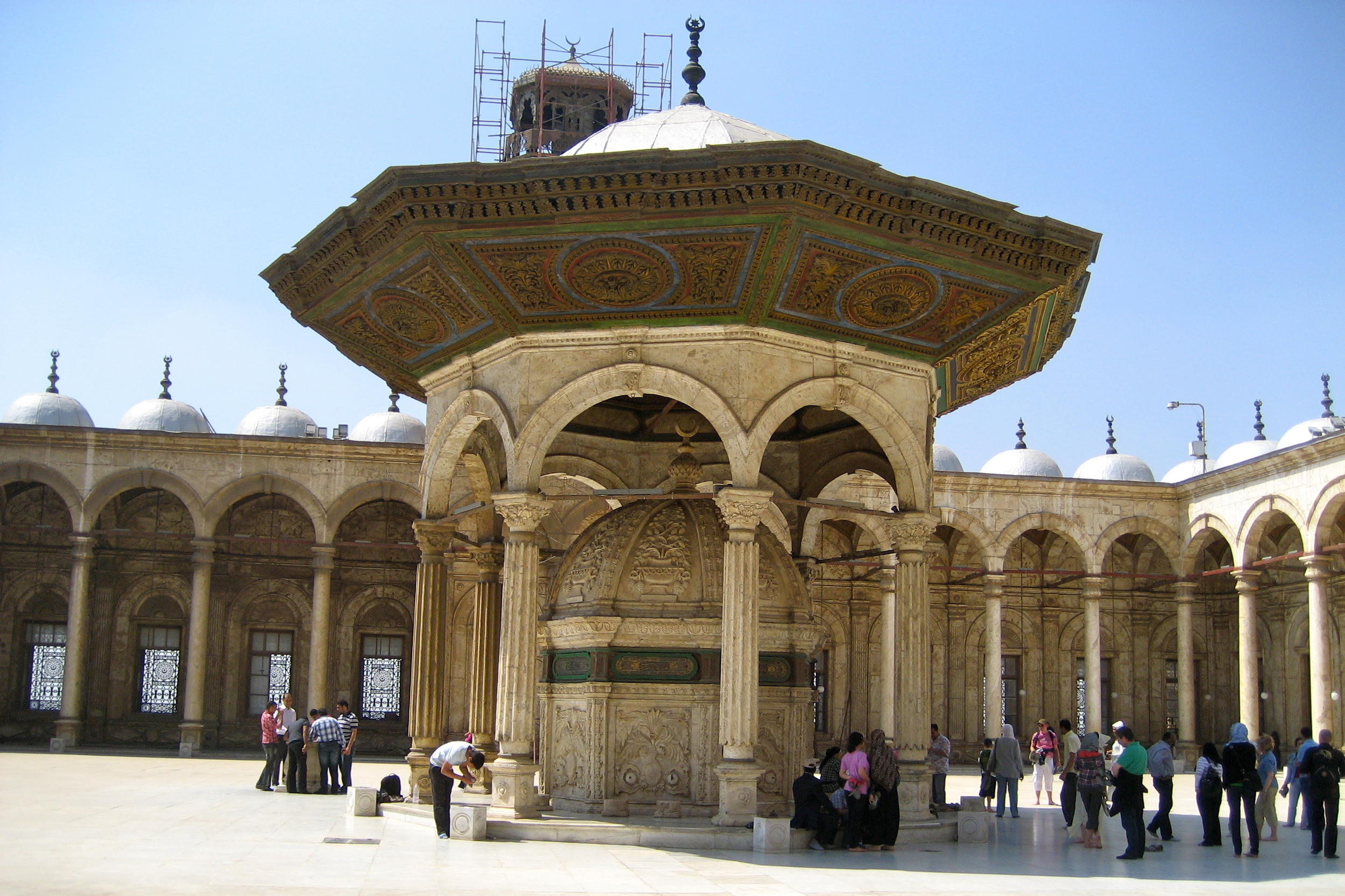
The Egyptian people are fascinating. Despite the enormous problems they face, they laugh at everything; the revolution spawned hundreds of jokes a day, which spread like wildfire on the Internet. They are an extremely patient people, which Khaled attributes to their long history but I think is also a factor of the traffic here, which I can only describe as total dog-eat-dog chaos. There are no real lanes and no stoplights or stop signs at most intersections. Police officers man the main ones and direct the flow of traffic (an oxymoron if there ever was one, since it’s not uncommon to sit for 45 minutes without moving; hence, the need for patience.). Cairene drivers put New Yorkers and even the Romans to shame. We came within heart-stopping centimeters of being hit at least 50 times a day — and yet somehow we never were, nor was anyone else that I saw — but neither Khaled nor the driver batted an eyelash.
Final observation about the Egyptians: the revolution notwithstanding, they are a contented people. The guide who took me around the Cairo Museum told me that Egyptians are mostly satisfied with their lot: happiness is not considered the sole province of the rich, and they believe life can be fulfilling regardless of one’s station in it. I think perhaps this is a bit of an idealization — it’s hard to imagine some of the people you see living in crushing poverty being happy and unenvious of the wealth all around them — but I also found a great deal of truth in it. Egyptians are less materialistic than we are and more centered on the joys of family life. Families here are enormous; the average woman has 3 children, and a family-only wedding could easily have 200 invitees. The importance of family is evident in every aspect of Egyptian life. Young people live at home until they marry, and when I told Khaled that in the States parents are glad to have their kids leave the nest after college — that in fact most parents would view adult children living at home as a burden — he looked at me in astonishment and pronounced us “bizarre.” (A statement with which it’s hard to argue.) When I remarked on the large number of unfinished buildings all over the city — the bottom two, three floors or four floors lived in, but with construction or the beginnings of it on the top floor — I learned that people leave it that way purposely, so that when they get enough money, they can add an additional floor for another group of relatives. And in fact the Egyptian love of family was part of what sparked the revolution, because all these millions of jobless young people can’t afford to get married and have children.
The biggest down side of Cairo for me was, predictably, the Islamic strictures on women. Almost every woman you see on the street wears long sleeves and the hijab, a scarf that covers the head and neck, and some wear gloves and burkas, the sight of which I never got over being angered and saddened by. Being in the street without having your head and arms covered, even in clothes that we would consider fairly modest, makes you a target of an unsettling mix of disapproval, contempt, lust and rage from a good half of the men you pass. The hijab is largely a class thing: lower and middle-class women wear it, most upper-class women do not. But one doesn’t see many upper-class women in the streets, because they go from place to place in private chauffeured cars. Which is what I did, courtesy of Khaled, who employs two full-time drivers, mostly for the use of his family. The well-to-do lead drastically different lives from the average Egyptian. This is true in the States also, but the chasm here is vast.
Photos: a misty view of the Pyramids from the historic Mina House hotel in Giza; mosque seen through a veil; me in the lovely Mediterranean city of Alexandria, where I spent a night; the architecturally stunning Bibliothèque d'Alexandrie; the old market in Cairo.
I saw all the touristy things: the Citadel, many beautiful mosques, the Cairo museum and its dazzling King Tut collection, the Great Pyramids at Giza and the Imhotep pyramid at Sakkara (both of which I visited on a chokingly hot & dusty day that produced terrible photos — the ones below were taken on a different day by my friend Nick). I found the ancient Egyptians as fascinating as the modern ones, especially their obsession with the afterlife and their determination to take everything they might possibly need it in with them: servants (in the form of little statues, who would magically become real when the time came), boats, furniture, seeds, perfume, recipes for beer (in case, heaven forbid, the servants had forgotten how to make it). As a person who is incapable of going anywhere for more than a couple of nights without two suitcases, a computer bag and a giant handbag, I can relate. I think I would have fit in perfectly in 2000 B.C.
I was invited to an Egyptian holiday feast called Sham El Nessim hosted by Khaled’s cousin Nabil. Sham El Nessim is an ancient feast day commemorating the beginning of spring, celebrated on the Monday after Coptic Easter. The ancients offered salted fish, lettuce and onions to the gods, and that's what we ate. (Well, that's what they ate — the fish, which is called feshikh, was among the most noxious things I have ever smelled, so I contented myself with pita, cheese and baba ganoush.) It's also the custom for mothers to waken their children on Sham El Nessim by putting raw onion under their noses!
Perhaps the highlight of the whole week for me was an hour-long excursion on the Nile at sunset in a battered little sailboat captained by a wizened little snaggle-toothed man in a jelabiya. On the river the chaos of the city falls away, and if you close your eyes and elongate your neck as much as you possibly can, you can imagine you’re Nefertiti, being rowed from the temple of Isis to your golden palace while your slaves massage your feet and fan you with palm fronds...
Photos: Khaled & me in Heliopolis; a camel crawling with flies and God knows what else, which I declined to ride despite the lure of a photo op; Nick's photos of the pyramids; our intrepid captain on the Nile.
WHEN SHE WOKE!
MacDowell, p. 388
I’m delighted to announce the birth of a 388-page, 95,606-word, big fat red baby. Mother is knackered but happy. It’s a first draft, still pretty raw in places (especially the 70+ pages I wrote here), so I have more work to do to get it in shape, but I’m proud of having gotten to an end, if not THE END. I have four bottles of Taittinger stuck in the snow bank outside Colony Hall, and I expect that I and my fellow colonists will have no trouble polishing them off tonight. And indeed [writing several days later], we didn’t. And now, here’s your laugh for the day, or maybe for the month: Last week I drove up to Canada, a 6-hour journey each way, to see the border and figure out how my heroine, Hannah, could possibly cross it illegally 30 years from now. At the checkpoint, the guard was chatting me up, asking why I was coming to Canada and why I chose this very remote point on a tiny little road in NY to cross the border, as opposed to crossing on the Interstate. And of course, being me, I told her all about it (in French, with complete confidence). And she basically said the French version of, “Step out of the car, ma’am.” And she took my passport and disappeared for about 10 minutes, and then reappeared with another guard, who watched me and questioned me while the first woman did a very thorough search of my vehicle, during which time I kept saying, “Ç’est pas moi, ç’est mon heroine!”: It’s not me, it’s my heroin(e)! To cut to the chase, they finally let me go, evidently concluding that I wasn’t a drug smuggler, just a complete idiot. All I can say in my own defense is that I was extremely tired and RED-addled.
That being the low point, one of the high points of last week was being part of my new friend Itty’s art project. Itty Neuhaus is a visual artist working on a very cool film installation about glaciers, which she has been shooting for many months using time lapse. She’s imagining the secret life of glaciers, superimposing other images (e.g., a strawberry, people doing various things) on the part that’s under the water. One of which is going to be me, falling back into the snow and making a snow angel! I had a lot of fun during the shoot, though I couldn't feel my bottom for about five hours afterward. If you haven’t made a snow angel in a while, I highly recommend it.
And finally, I wanted to tell you about my new favorite game, PIG, which involves lots of people running madly around a pool table, trying to thwack two balls together. You take turns, the object being to keep the stripe always in motion using the solid. But you can only “shoot” (you use your hands, not a stick) from the two ends, otherwise you’re off sides. Needless to say this gives the tall people a totally unfair advantage. I’m not one of the better PIG players — people are always really happy if they’re after me in the lineup — but it’s a lot of fun, and has been my sole form of exercise here apart from a few frigid walks. The unrelentingly scrumptious food has taken its toll; by the tightness of my jeans I'm guessing I’ve gained 5 pounds. Which actually isn’t bad — I gained 20 with MUDBOUND.
Made a chilly (maybe 15?) pilgrimage to Edward and Marian's graves today with a few of my favorite people. Packing now, dance party at Dan’s studio tonight, home tomorrow. A magnificent five weeks. Thank you, MacDowell!









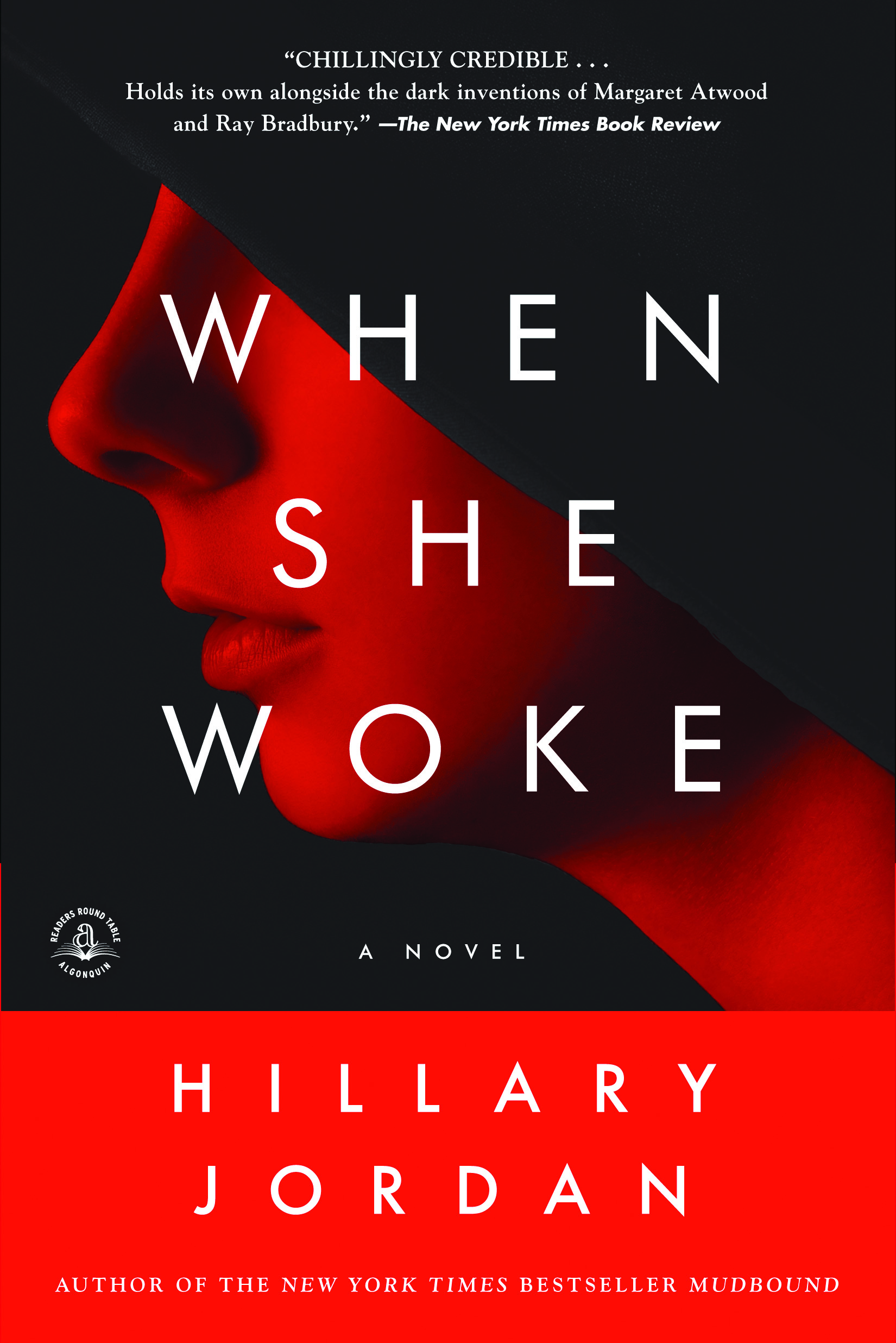

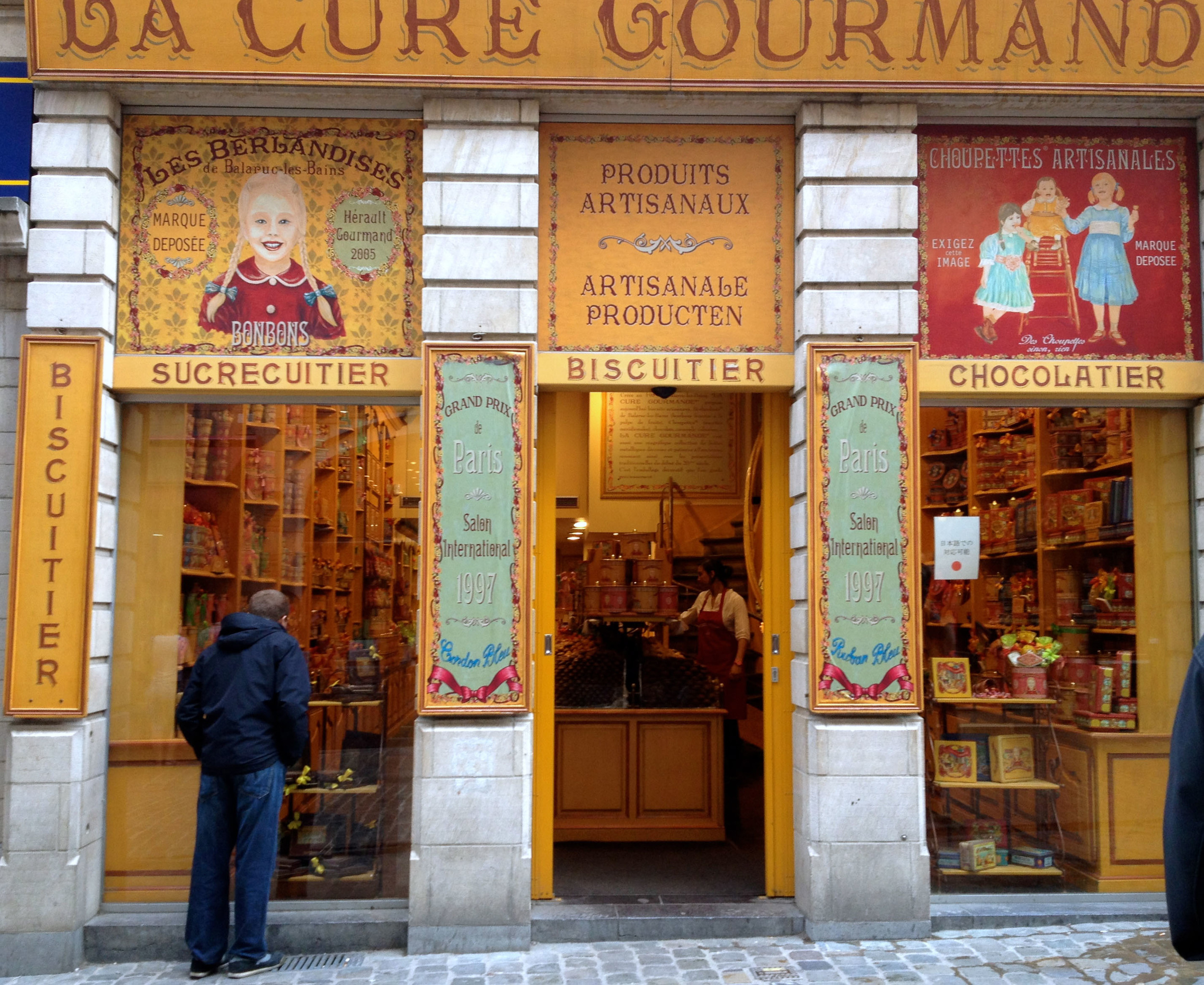


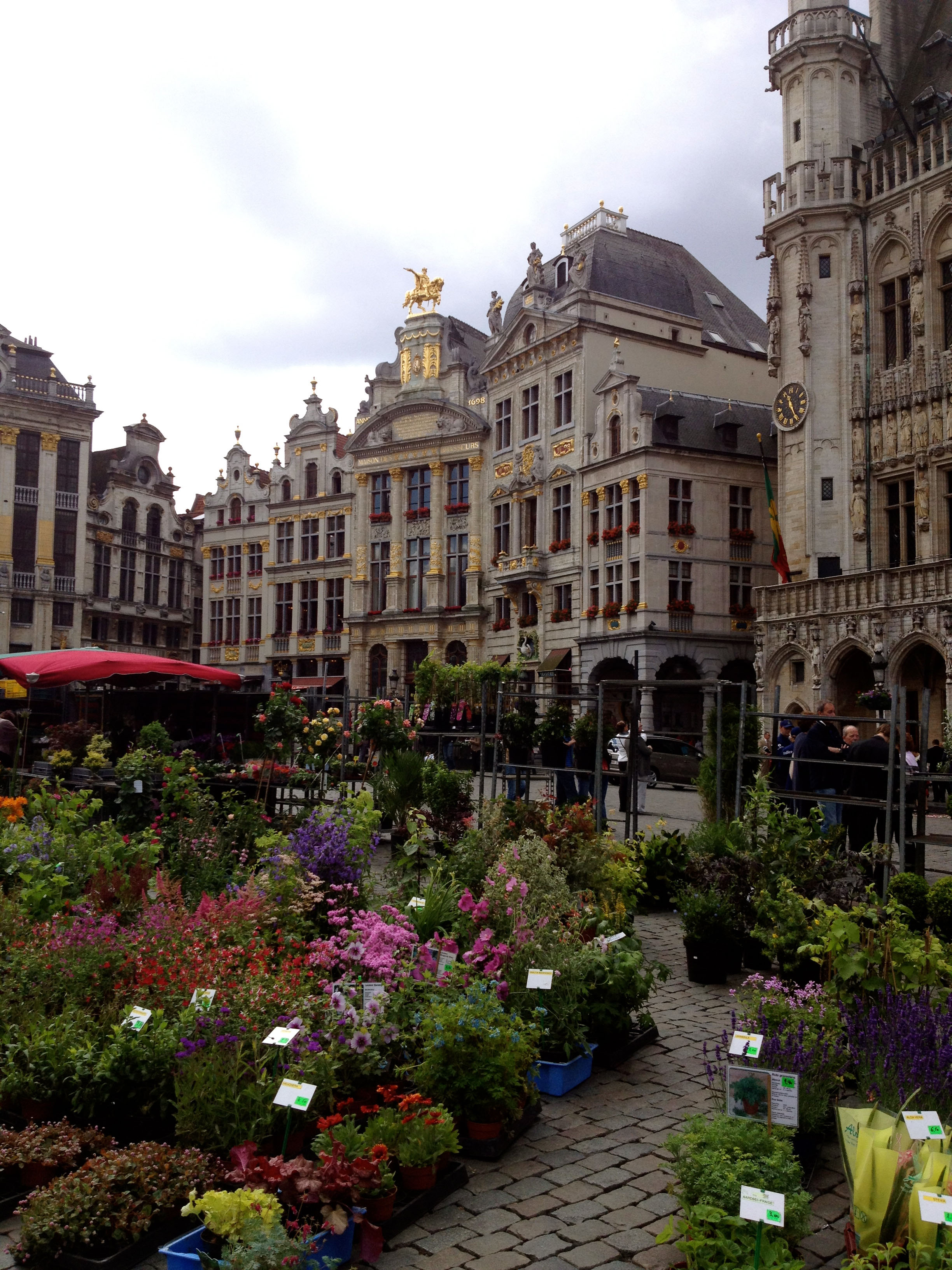

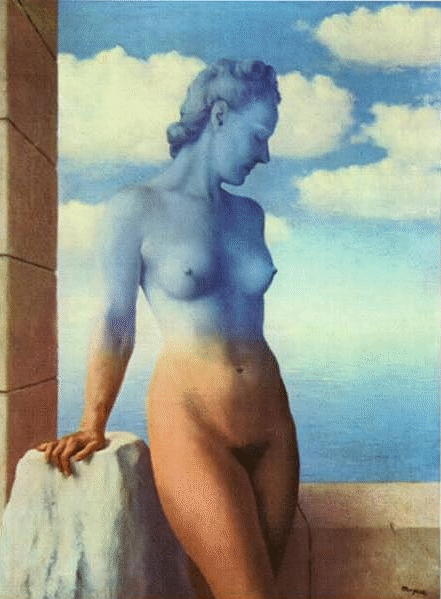

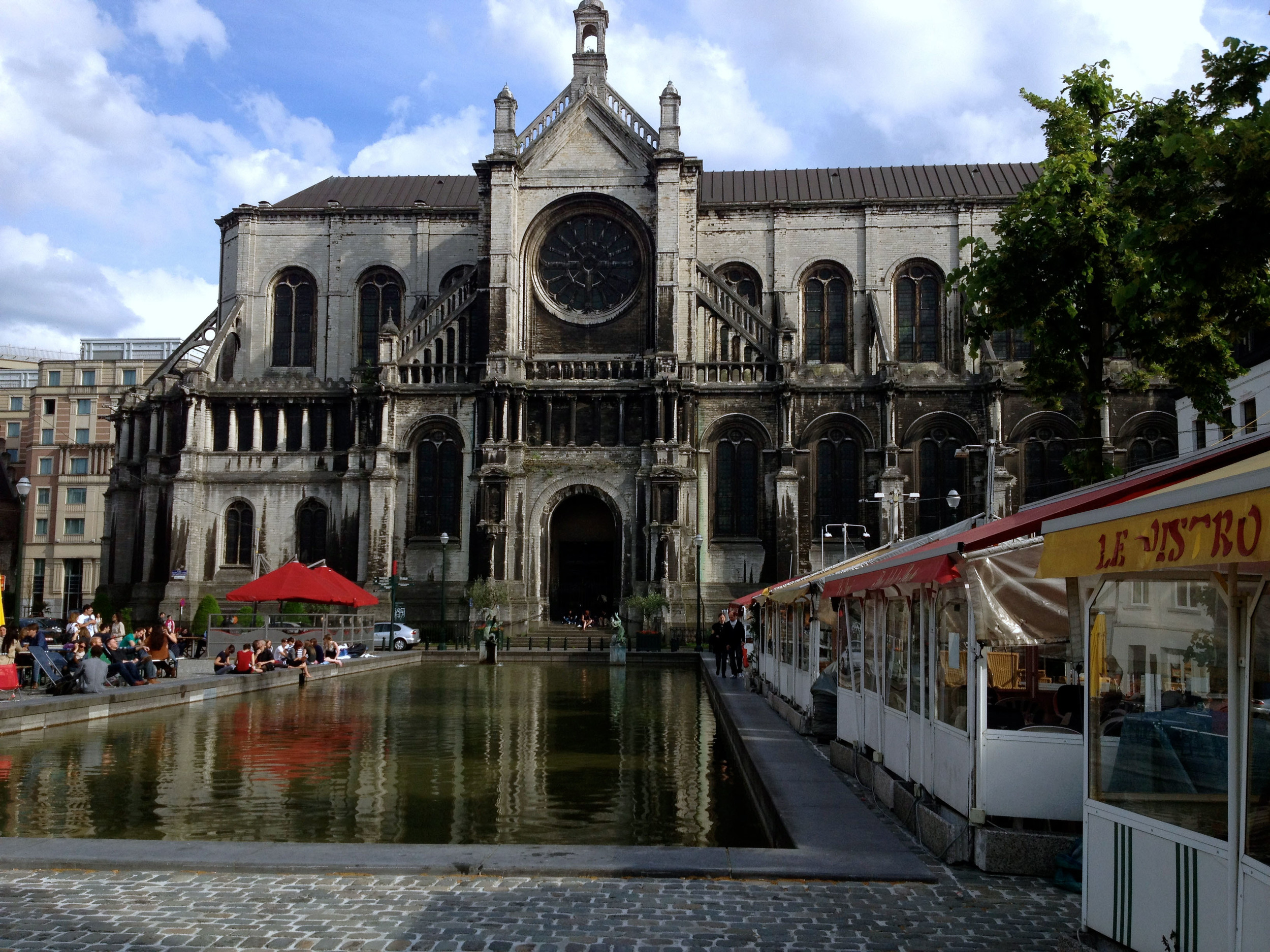

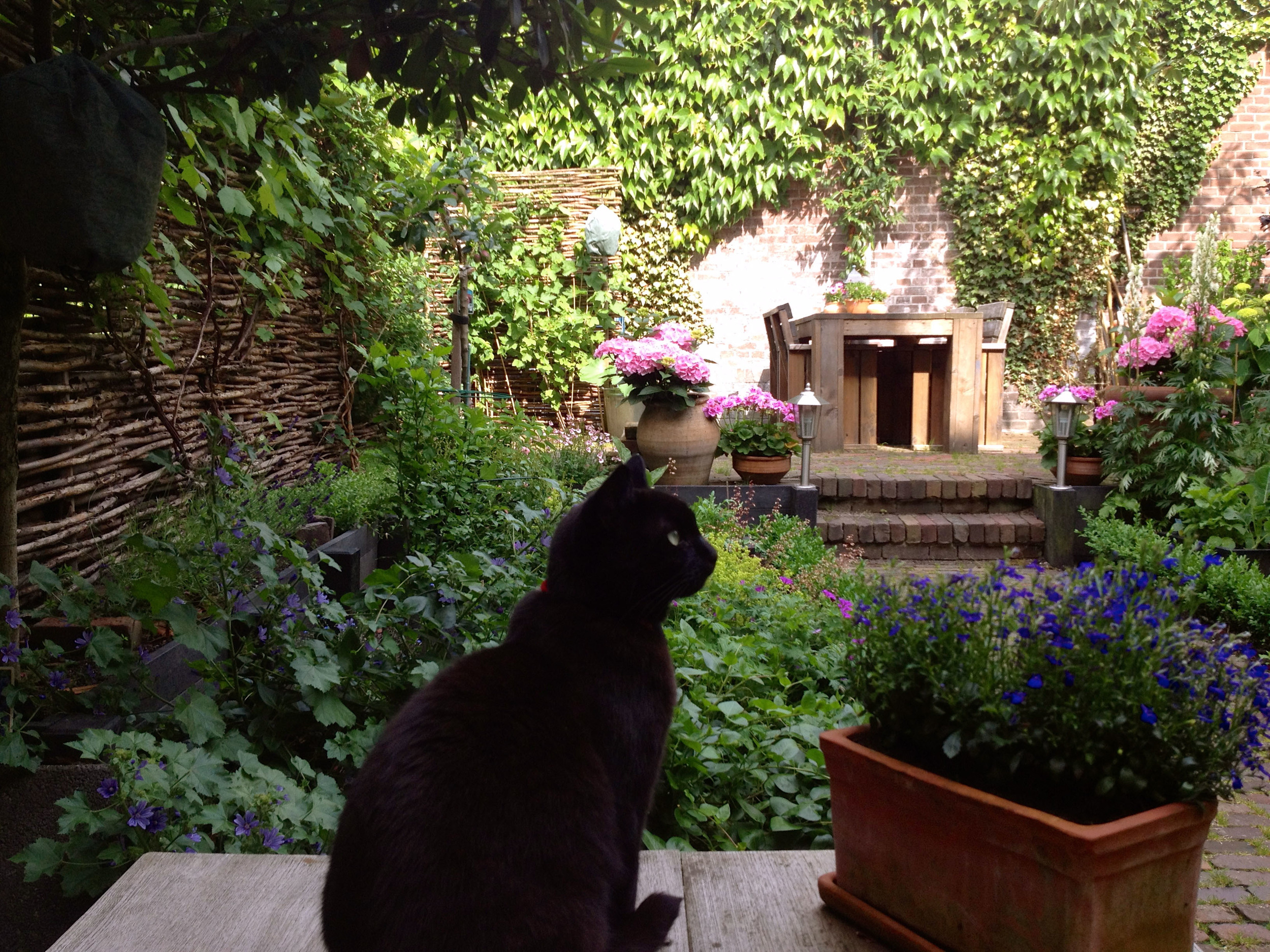



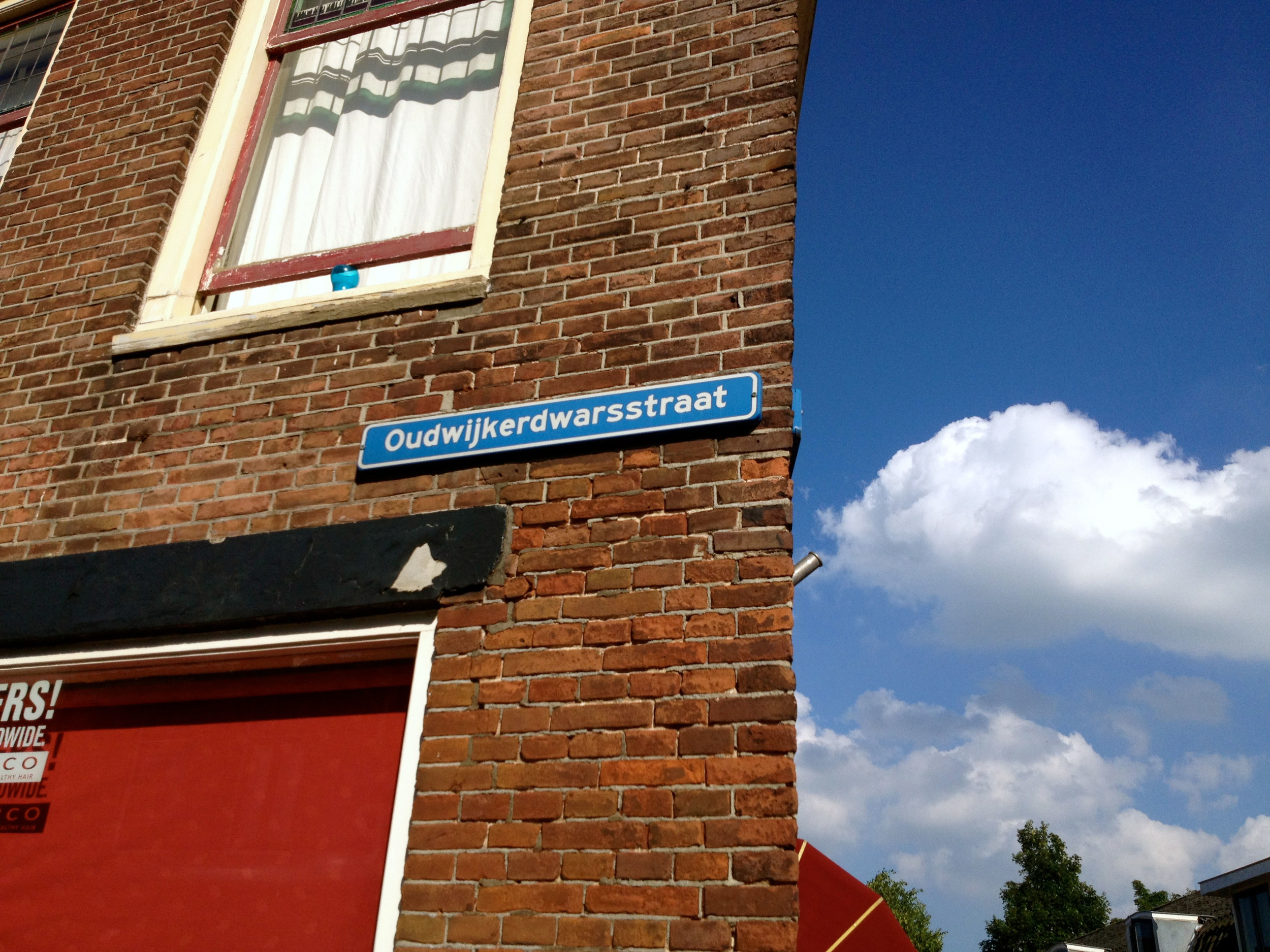
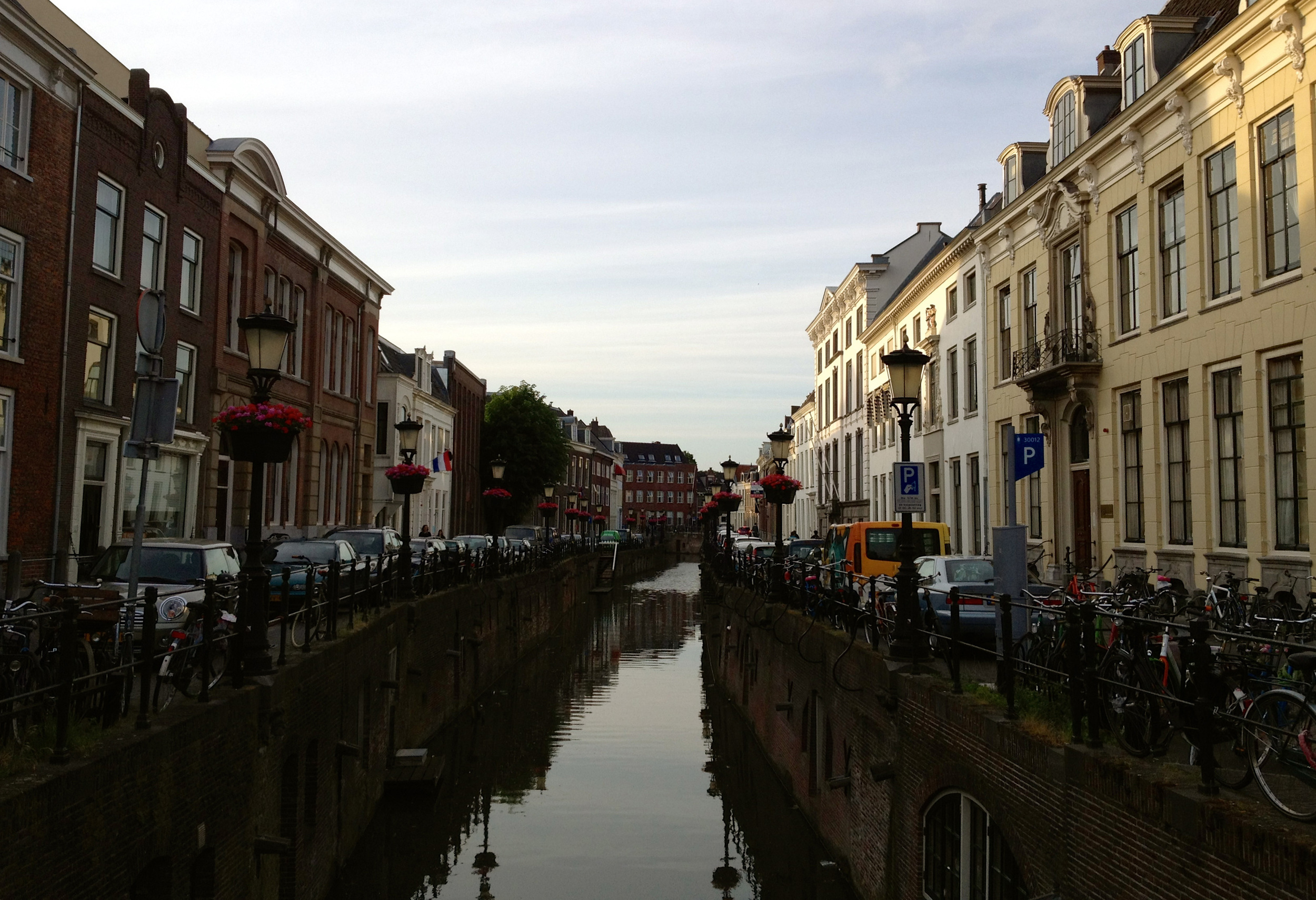



![Portada When She Woke[1]](http://static1.squarespace.com/static/5633cc7de4b0968e48939b49/56a807470bfe8ea72cc8d7b1/56a807480bfe8ea72cc8d8bb/1453852488632/Portada-When-She-Woke1.jpg?format=original)

